In today’s rapidly evolving digital landscape, eCommerce logistics, or eLogistics, plays a pivotal role in the seamless operation of online retail. It encompasses the intricate processes of managing and delivering goods from suppliers to customers efficiently and effectively. As businesses worldwide increasingly embrace digital platforms for sales, understanding the fundamentals of eCommerce logistics becomes indispensable for optimizing operations and staying competitive in the dynamic marketplace.
1. What is eCommerce Logistics?
ECommerce logistics, often referred to as eLogistics, is the specialized process of managing and fulfilling online orders from the point of sale to delivery to the customer’s doorstep. Unlike traditional logistics, which primarily focuses on moving goods through physical stores or distribution centers, eCommerce logistics is tailored to the unique challenges and opportunities of the online retail environment. It encompasses a range of activities including order processing, inventory management, warehousing, packaging, and transportation logistics. The goal of eCommerce logistics is to ensure that products are delivered to customers swiftly, accurately, and cost-effectively, thereby enhancing customer satisfaction and optimizing operational efficiency for online merchants.
2. Components of eCommerce Logistics (eLogistics)
The eLogistics process includes some critical components. They work together to ensure that eCommerce businesses can fulfill orders accurately, efficiently, and on time, thereby meeting customer expectations and enhancing overall operational performance.
Order Processing:
This involves receiving and confirming orders placed on the eCommerce platform. It includes order verification, payment processing, and order entry into the system.
Inventory Management:
Efficient inventory management is crucial to eCommerce logistics. It involves tracking stock levels, monitoring inventory movements, and ensuring accurate stock counts to prevent stockouts or overstock situations.
Warehousing:
eCommerce logistics often utilizes warehouses or fulfillment centers strategically located to facilitate quick order processing and shipping. Warehouses are organized to efficiently store and pick items for orders.
Packaging:
Packaging in eCommerce logistics involves selecting appropriate packaging materials, ensuring products are securely packed to prevent damage during transit, and sometimes includes branding for a positive customer experience.
Shipping and Transportation:
This component includes selecting the optimal shipping method (e.g., ground, air) based on factors like delivery speed and cost-efficiency. It also involves managing logistics partners or carriers for timely delivery.
Returns Management:
Handling returns is a critical aspect of eCommerce logistics. It includes processing returned items, assessing their condition, restocking inventory, and issuing refunds or exchanges as per the company’s policies.
Technology and Integration:
eCommerce logistics relies heavily on technology for automation and integration. This includes using inventory management systems, order management systems, and transportation management systems (TMS) to streamline operations and enhance efficiency.
Customer Service:
While not always considered a logistics component, customer service plays a vital role in eCommerce logistics by managing inquiries related to orders, tracking shipments, and resolving any issues that may arise during the fulfillment process.
3.

There are 4 common types of eLogistics. Each type of eCommerce logistics has its own advantages and challenges, and the choice depends on factors such as business size, product characteristics, target market, and strategic goals. Selecting the right logistics strategy is crucial for optimizing operational efficiency, enhancing customer satisfaction, and supporting business growth in the competitive eCommerce landscape.
3.1 Dropshipping
Dropshipping is a fulfillment method where the online retailer (the dropshipper) does not keep products in stock. Instead, when a customer places an order, the retailer forwards the order details and shipment instructions to a third-party supplier or manufacturer. The supplier then ships the product directly to the customer.
Dropshipping is advantageous because it eliminates the need for inventory storage and management, reducing upfront costs and risks for the retailer. However, it also means the retailer has less control over fulfillment and may face challenges in maintaining consistent product availability and quality.
3.2 Third-Party Logistics (3PL)
3PL providers offer outsourced logistics and supply chain management services to eCommerce businesses. These providers specialize in warehousing, order fulfillment, inventory management, shipping, and often additional services like reverse logistics (handling returns).
eCommerce businesses can benefit from partnering with a 3PL provider by leveraging their expertise, infrastructure, and established carrier relationships. This can lead to cost savings, improved efficiency in order fulfillment, and scalability as 3PL providers can handle fluctuations in order volume and seasonal peaks. However, businesses must carefully select a 3PL partner that aligns with their specific needs and standards for service quality.
3.3 In-House Fulfillment
In-house fulfillment involves eCommerce businesses managing their own logistics operations internally. This includes setting up and managing warehouses or fulfillment centers, hiring staff for picking, packing, and shipping orders, and overseeing the entire fulfillment process.
In-house fulfillment gives businesses greater control over the entire logistics chain, allowing for customization of processes and direct management of customer interactions. However, it requires significant upfront investment in infrastructure, technology, and manpower, as well as ongoing operational costs. Businesses opting for in-house fulfillment must also ensure they have the capability to handle fluctuations in demand and maintain service levels during peak periods.
3.4 Hybrid Model
Some businesses opt for hybrid logistics models that combine elements of dropshipping, 3PL services, and in-house fulfillment. For example, a business may use dropshipping for certain products or suppliers while managing warehousing and fulfillment for core or high-demand items.
Hybrid models offer flexibility and the ability to tailor logistics strategies to specific product lines or market conditions. However, managing multiple logistics models requires careful coordination and integration to ensure seamless operations and consistent customer experience.
4. Benefits of implementing eCommerce Logistics
Implementing eLogistics brings your business many benefits. By leveraging these benefits, you optimize the logistics operations to support growth, improve customer experiences, and maintain a competitive position in the online retail market.
Cost Efficiency:
By optimizing processes such as warehousing, inventory management, and shipping, eCommerce logistics helps reduce operational costs. This includes minimizing storage expenses, improving inventory turnover, and leveraging bulk shipping discounts.
Faster Delivery Times:
Efficient eCommerce logistics enable quicker fulfillment and shipping of orders. This not only enhances customer satisfaction but also meets the expectations for fast delivery set by major eCommerce platforms.
Improved Customer Satisfaction:
Timely and accurate order fulfillment contributes to higher customer satisfaction. eCommerce logistics ensure that orders are processed promptly, shipments are tracked effectively, and customers receive their purchases in good condition.
Operational Transparency:
Modern eCommerce logistics systems often include real-time tracking and reporting capabilities. This transparency allows businesses to monitor inventory levels, track shipments, and analyze performance metrics to optimize operations continually.
Integration with Technology:
eCommerce logistics systems integrate with advanced technologies such as automation, AI-driven analytics, and cloud-based platforms. These technologies streamline processes, reduce errors, and enhance overall operational efficiency.
Enhanced Flexibility:
eCommerce logistics provide flexibility in adapting to changing market demands and seasonal fluctuations. Businesses can adjust inventory levels, shipping methods, and distribution strategies dynamically to meet customer needs and market conditions.
5. Drawbacks of implementing eCommerce Logistics
Beyond the benefits that eCommerce logistics system can offer, there are some drawbacks to consider before applying logistics to eCommerce
Initial Setup Costs:
Setting up an effective eCommerce logistics system requires significant initial investment in infrastructure, technology, and personnel. This includes costs for warehouses or fulfillment centers, inventory management systems, transportation logistics, and training staff.
Complexity and Integration Challenges:
Integrating various components of eCommerce logistics, such as inventory management, order processing, and shipping systems, can be complex. Ensuring seamless integration often requires technical expertise and may involve compatibility issues with existing systems.
Dependency on Third-Party Providers:
Many eCommerce businesses rely on third-party logistics (3PL) providers for warehousing, fulfillment, and shipping. While this outsourcing can reduce operational burdens, it also introduces dependencies on external partners. Issues like service disruptions, communication gaps, and quality control concerns can arise, affecting overall service reliability.
Logistical Errors and Delays:
Despite technological advancements, logistical errors such as inventory discrepancies, shipping delays, and order inaccuracies can occur. These errors may lead to customer dissatisfaction, increased costs for returns and replacements, and potential damage to brand reputation.
Risk of Data Breaches:
eCommerce logistics involves handling sensitive customer data, including payment information and personal details. Protecting this data from cyber threats and data breaches is crucial but requires robust cybersecurity measures and compliance with data protection regulations.
Environmental Impact: The logistics and transportation involved in eCommerce can have a significant environmental impact, including carbon emissions from shipping vehicles and packaging waste. Implementing sustainable practices, such as optimizing delivery routes and using eco-friendly packaging, can mitigate these effects but may add to operational costs.
6. Tips for success eLogistics implementation
Understand Your Requirements:
Begin by assessing your business needs, including order volume, product characteristics, target market locations, and seasonal demand fluctuations. This understanding will guide your logistics strategy and help you choose the most suitable fulfillment model.
Choose the Right Logistics Partners:
Select reliable logistics partners or 3PL providers based on their expertise, track record, scalability, and ability to meet your specific requirements. Conduct thorough due diligence and consider visiting their facilities to ensure they align with your standards.
Invest in Technology:
Implement robust eCommerce and logistics management software that integrates order processing, inventory management, and shipping operations. Automation tools can streamline processes, reduce errors, and improve efficiency in fulfillment and customer service.
Automate Repetitive Tasks:
Implement automation for repetitive tasks such as order processing, inventory updates, and shipment tracking. Use robotic process automation (RPA) or software integrations to streamline workflows and reduce manual errors. Automation not only improves efficiency but also frees up resources to focus on strategic initiatives and customer-centric activities. Regularly review processes to identify opportunities for further automation and integration with your eCommerce platform and logistics systems.
In the rapidly expanding world of eCommerce logistics, several key players stand out for their comprehensive services and innovative approaches. Companies like Amazon Logistics, FedEx Supply Chain, and UPS have reshaped the landscape with their extensive networks and advanced technologies.
Amazon Logistics
Known for its robust fulfillment network, Amazon Logistics leverages cutting-edge technology to offer fast and reliable shipping services to customers worldwide. Amazon’s fulfillment centers are strategically located, facilitating quick delivery times and efficient order processing. Their integration with Amazon Prime ensures premium shipping options and customer loyalty benefits, setting them apart in the eCommerce logistics sphere.

FedEx Supply Chain
FedEx Supply Chain specializes in providing end-to-end supply chain solutions tailored to eCommerce businesses. They offer warehousing, fulfillment, transportation, and reverse logistics services, supported by advanced analytics and technology-driven solutions. FedEx’s global network and commitment to innovation make them a preferred partner for businesses seeking scalable logistics solutions.

UPS
UPS is renowned for its extensive transportation and logistics capabilities, including parcel delivery, freight forwarding, and supply chain management services. UPS offers customizable logistics solutions designed to optimize efficiency and meet specific business needs. Their focus on sustainability and technological innovation, such as UPS My Choice and advanced tracking systems, enhances transparency and reliability in eCommerce logistics.

Final Words
Ecommerce Logistics contributes to the success of online businesses by ensuring efficient order fulfillment, timely delivery, and enhanced customer satisfaction. From managing inventory and processing orders to optimizing shipping routes and leveraging technology, every aspect of eLogistics contributes to operational excellence in the digital marketplace.
A key takeaway from this article is the critical importance of selecting the right logistics partner. By partnering with a logistics provider that aligns with your specific business needs, you can streamline operations, mitigate logistical challenges, and position your eCommerce venture for sustained success.
SECOMM team has extensive experience of eCommerce in many APAC markets like Vietnam, Australia, NewZealand, HongKong and Singapore. We can help you apply logistics to eCommerce, optimize your customer shopping experience, streamline checkout, and more to make your eCommerce empire shine!
Contact us today for free consultation!









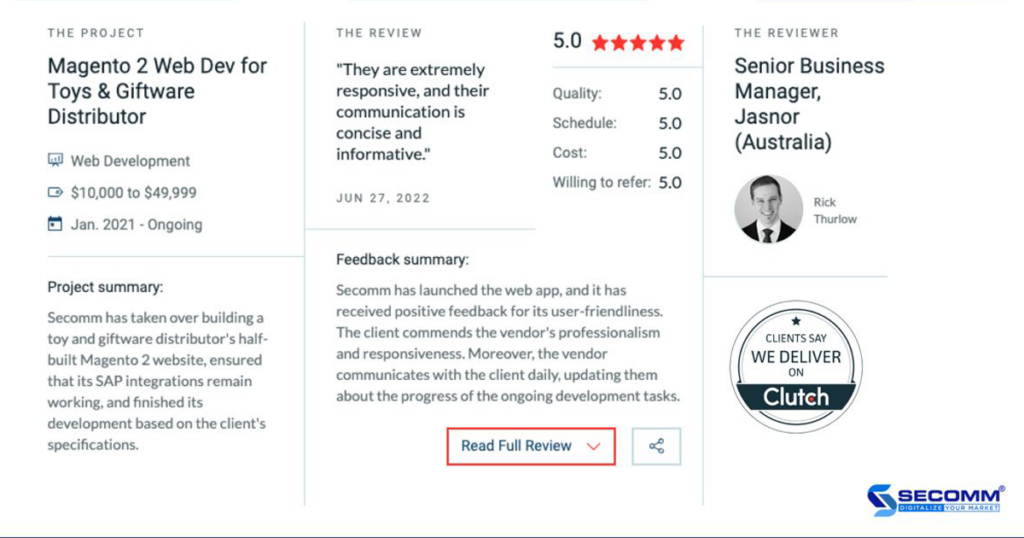
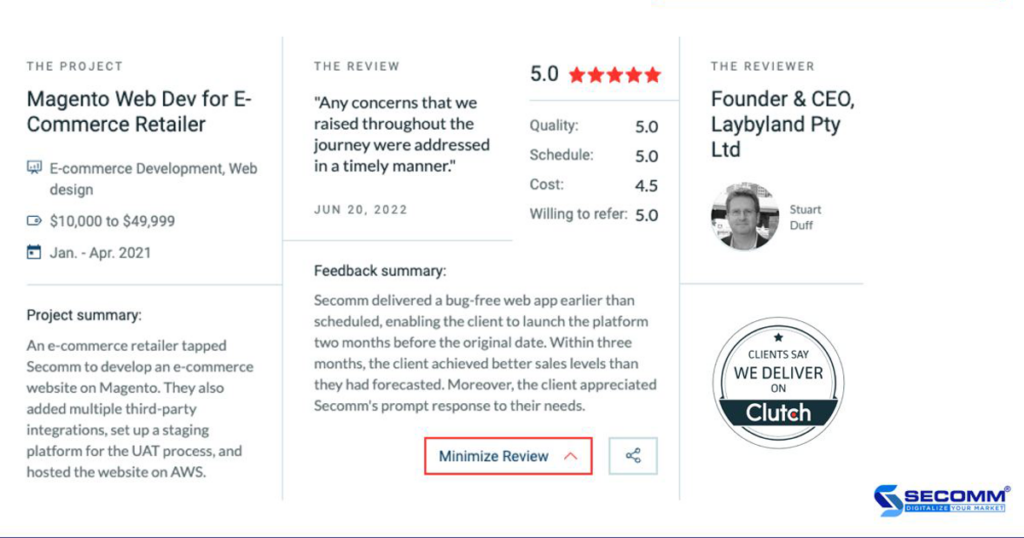






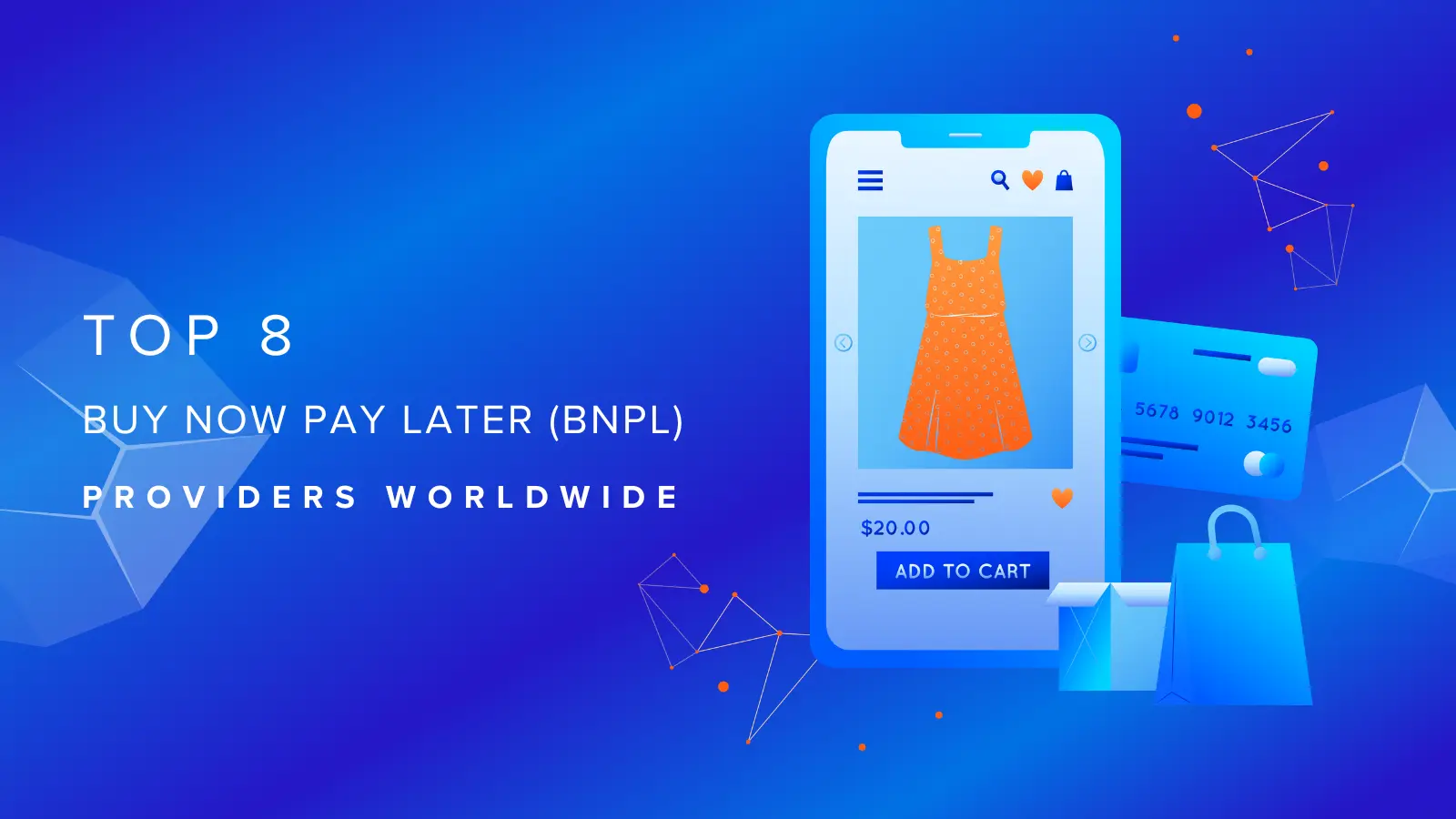
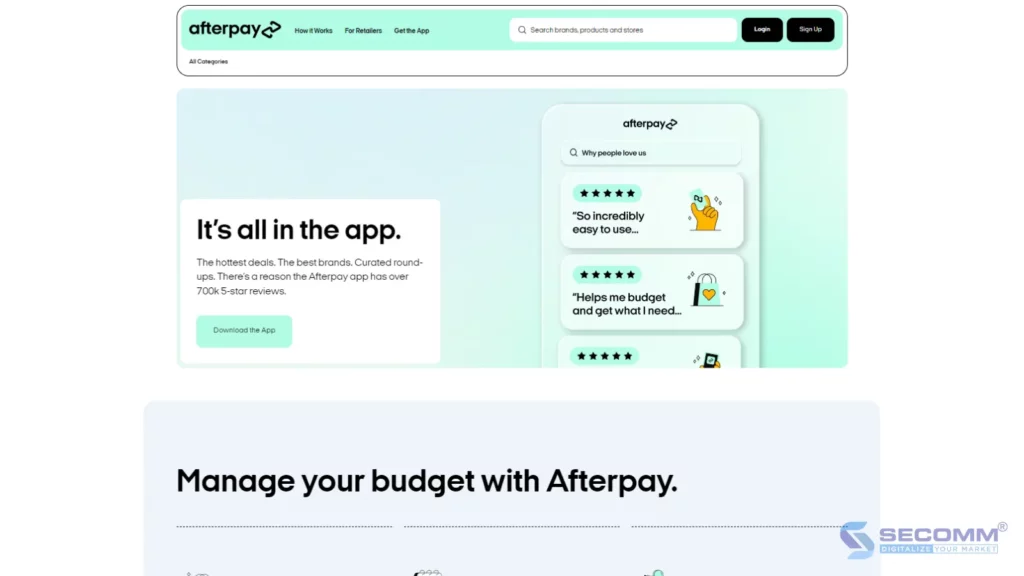
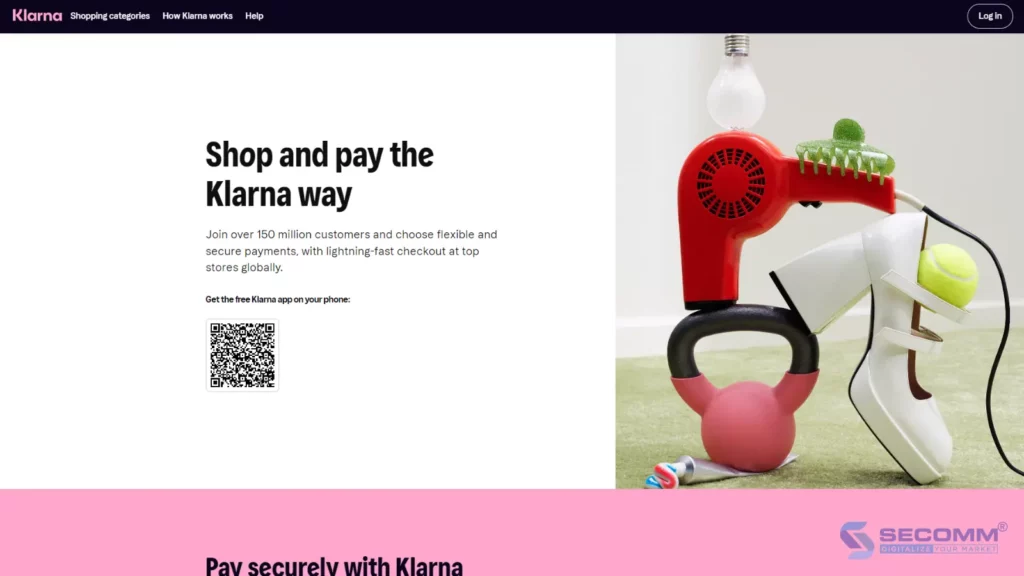
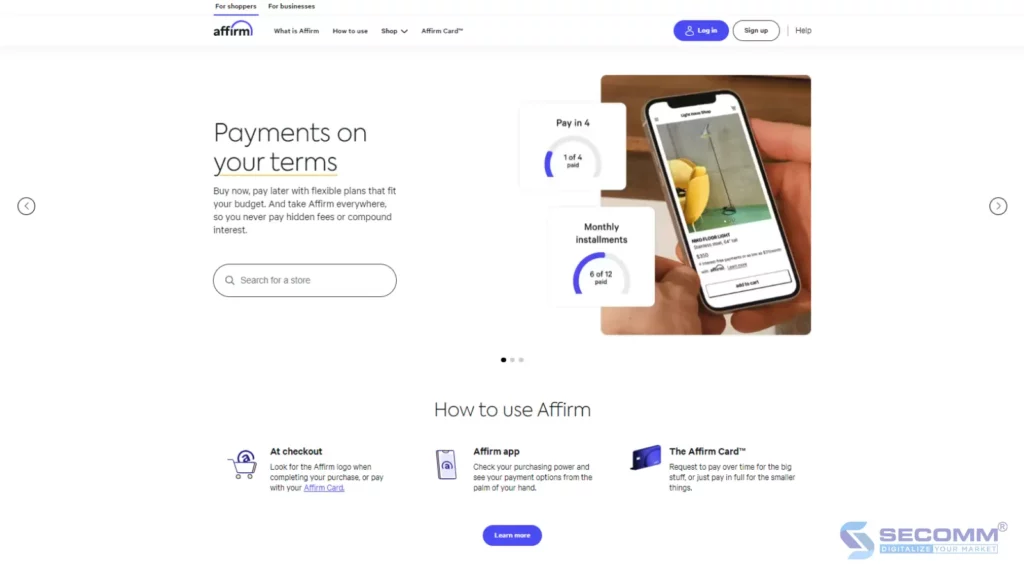
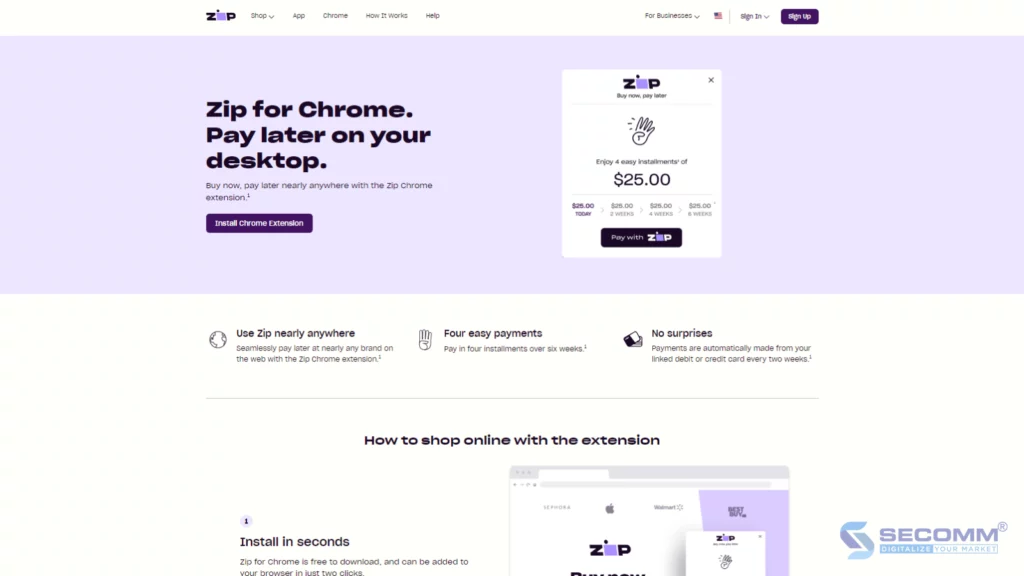
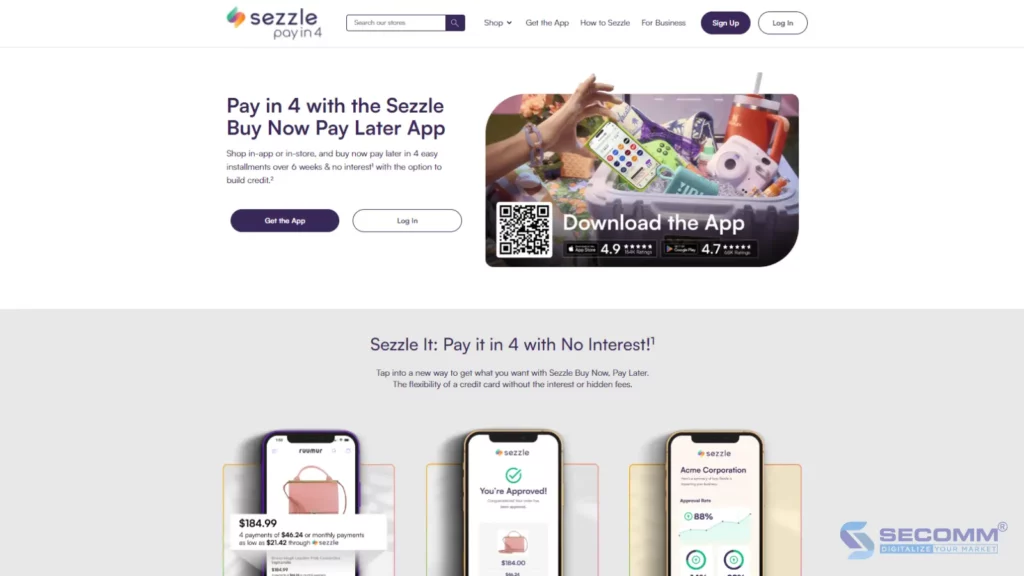
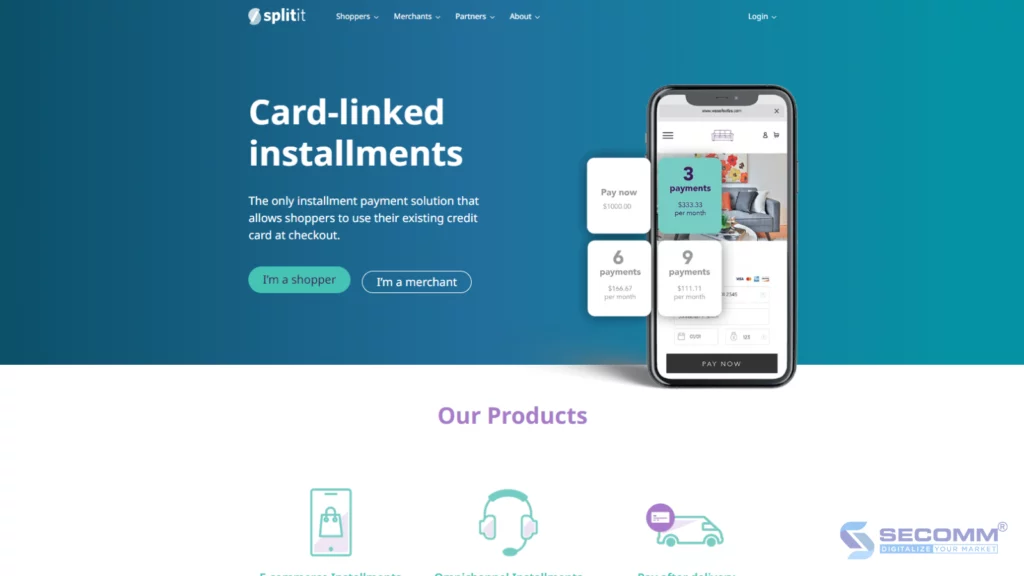
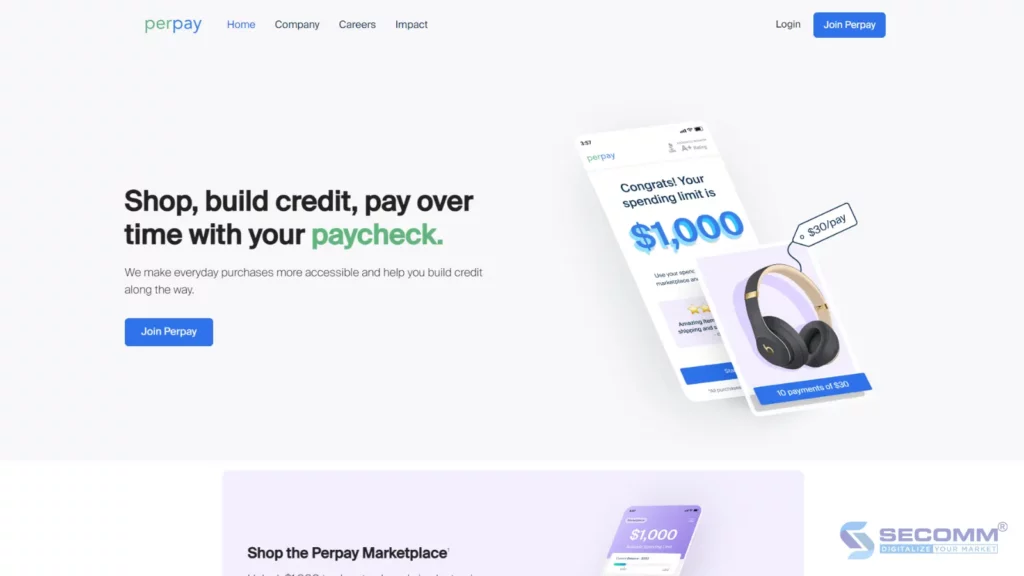
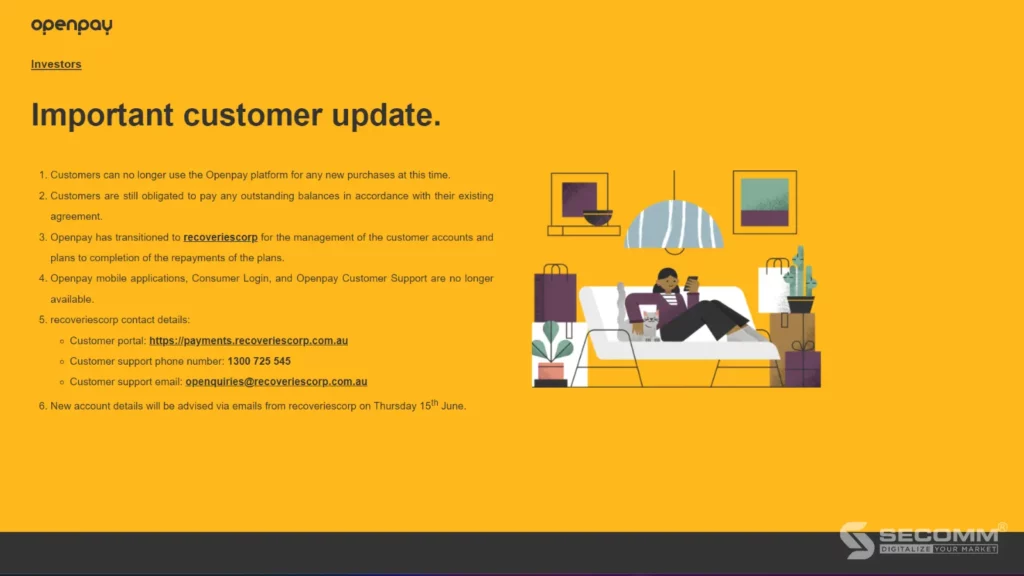
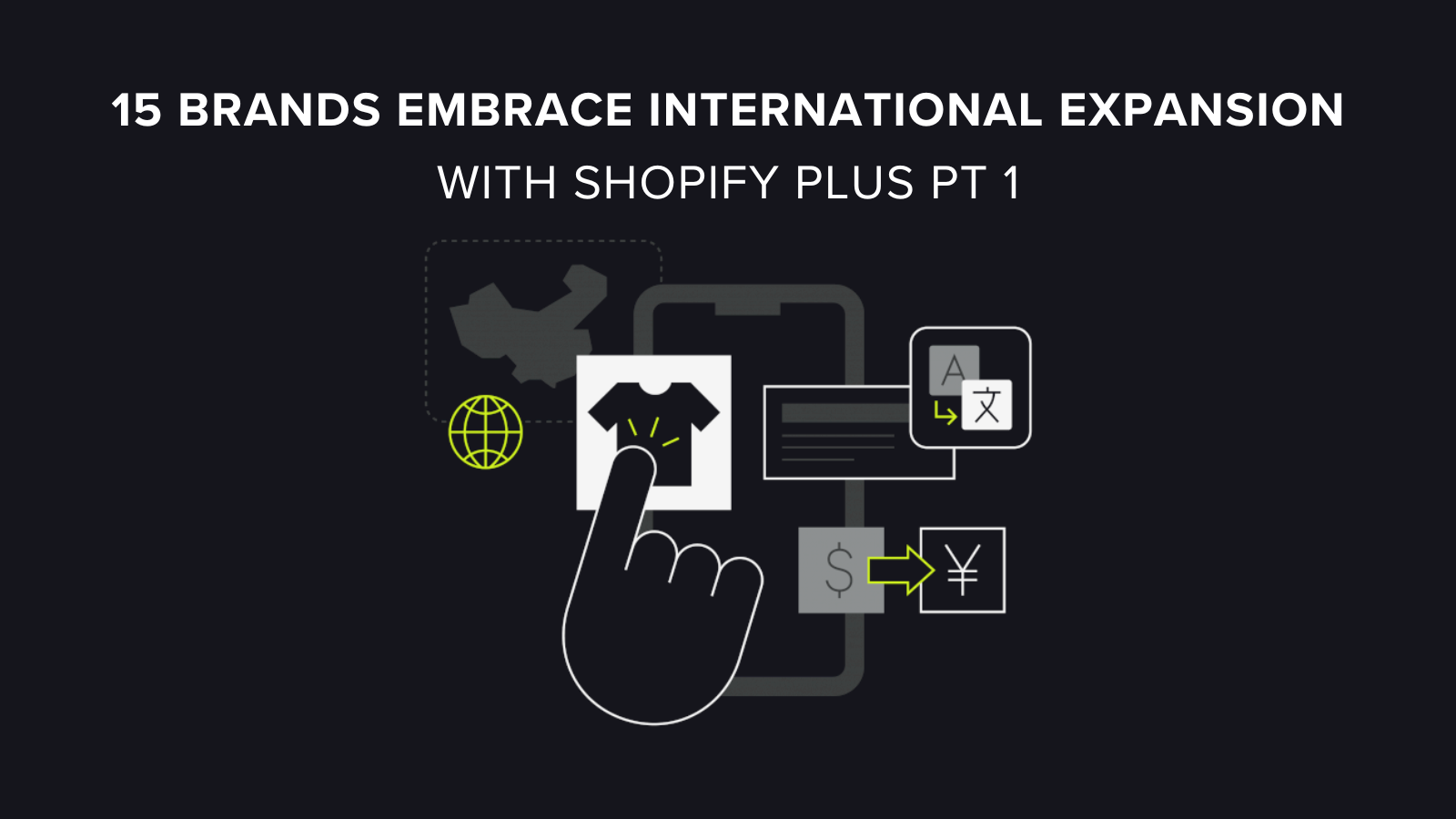
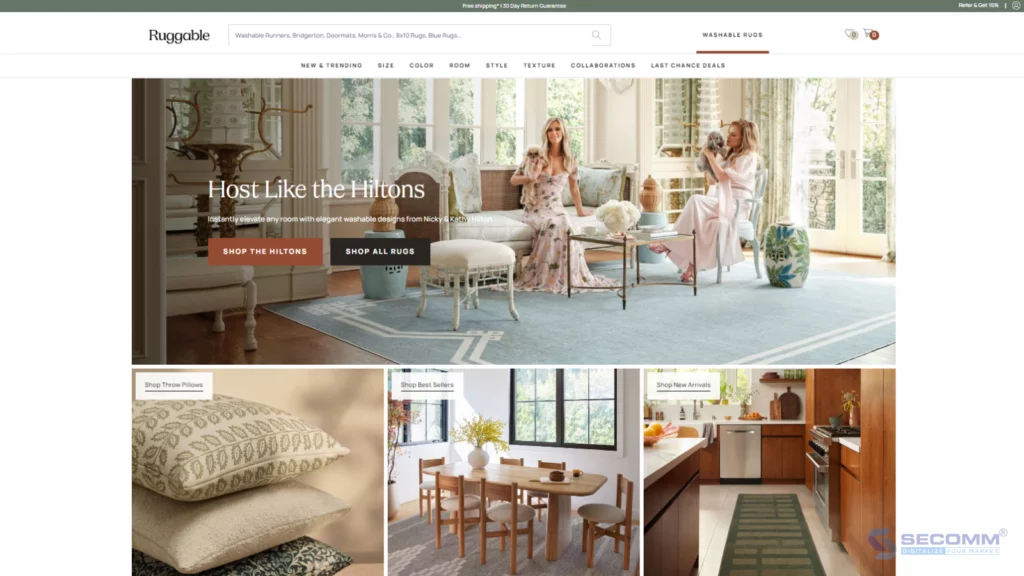
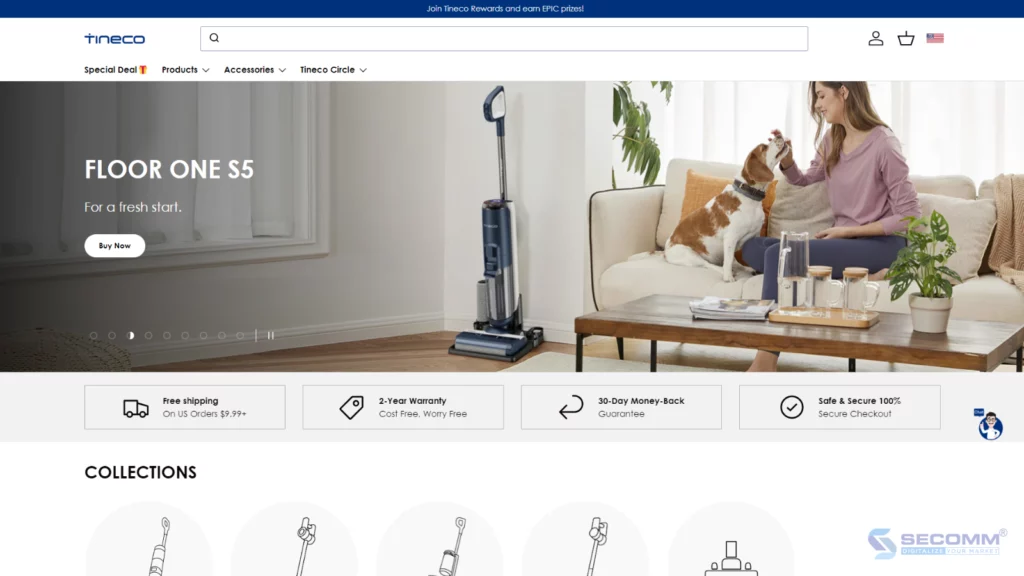
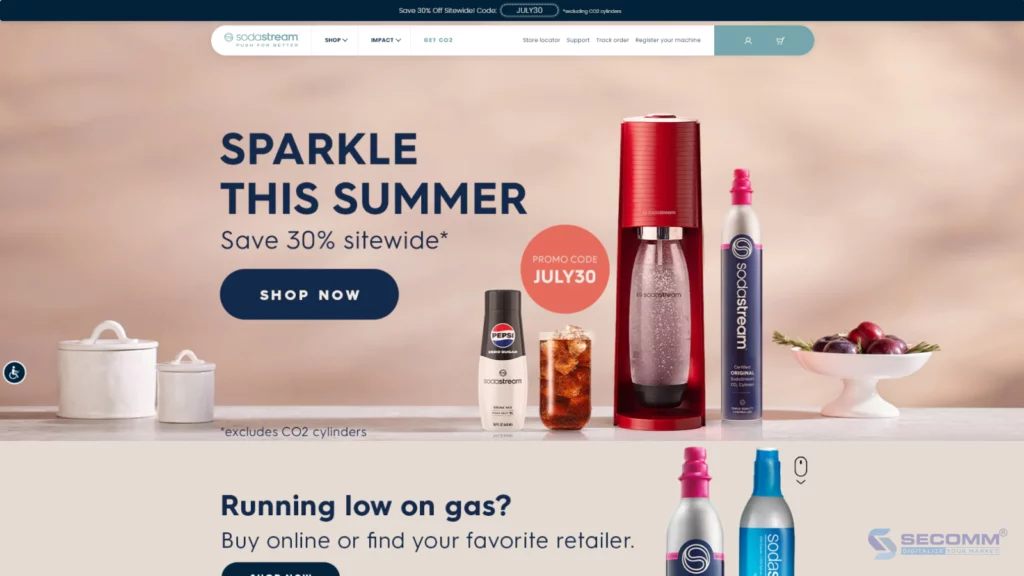
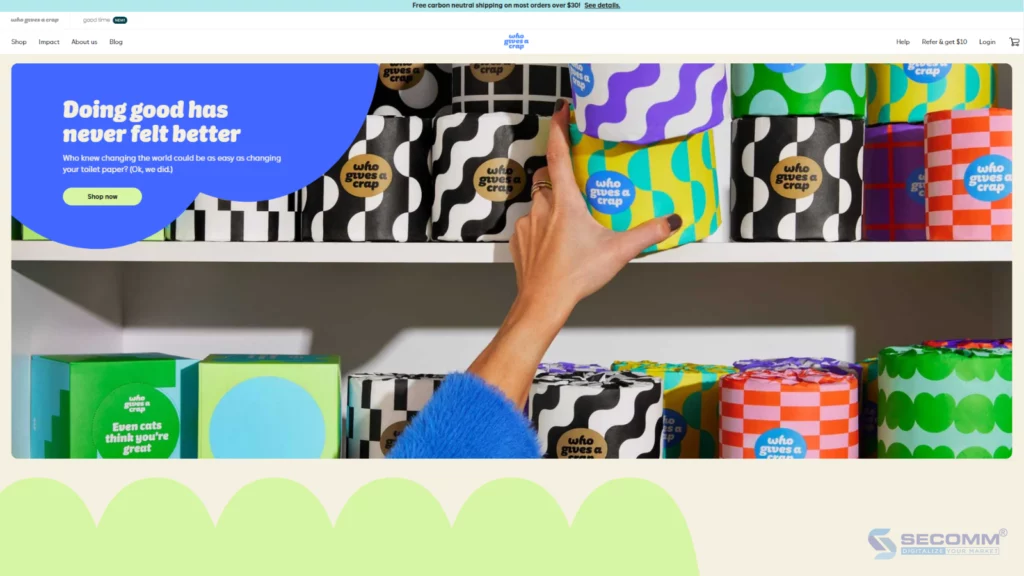
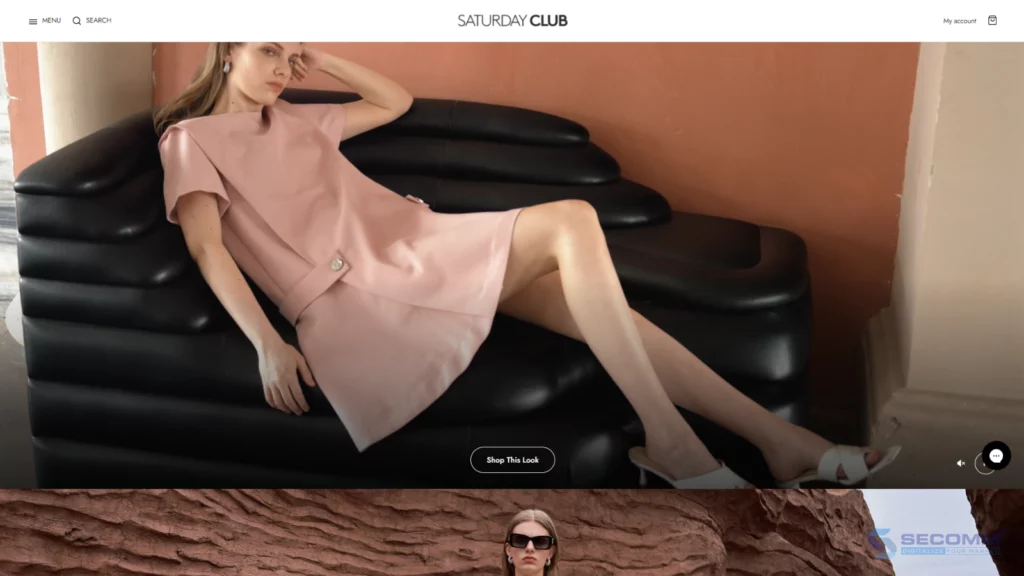
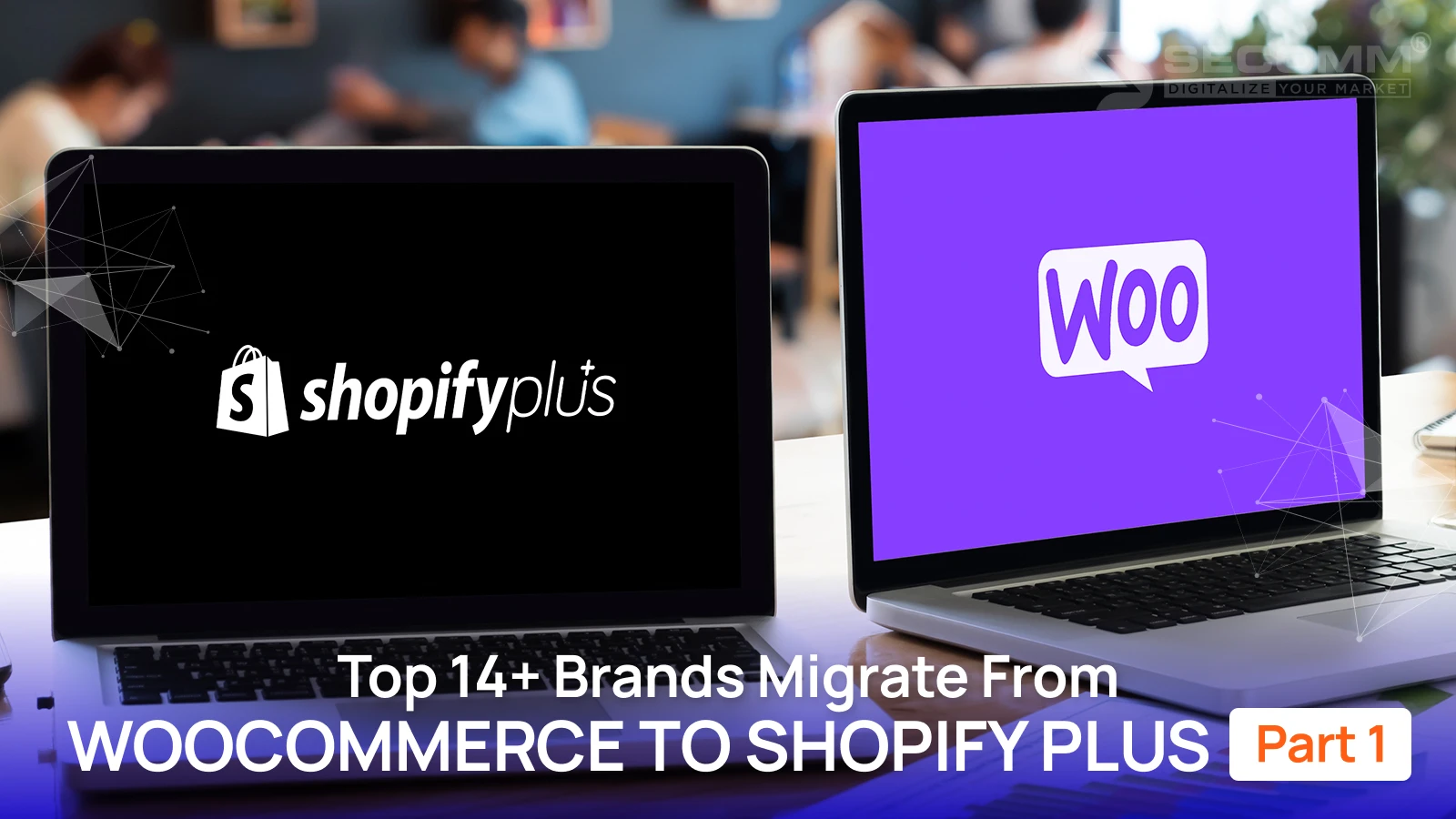
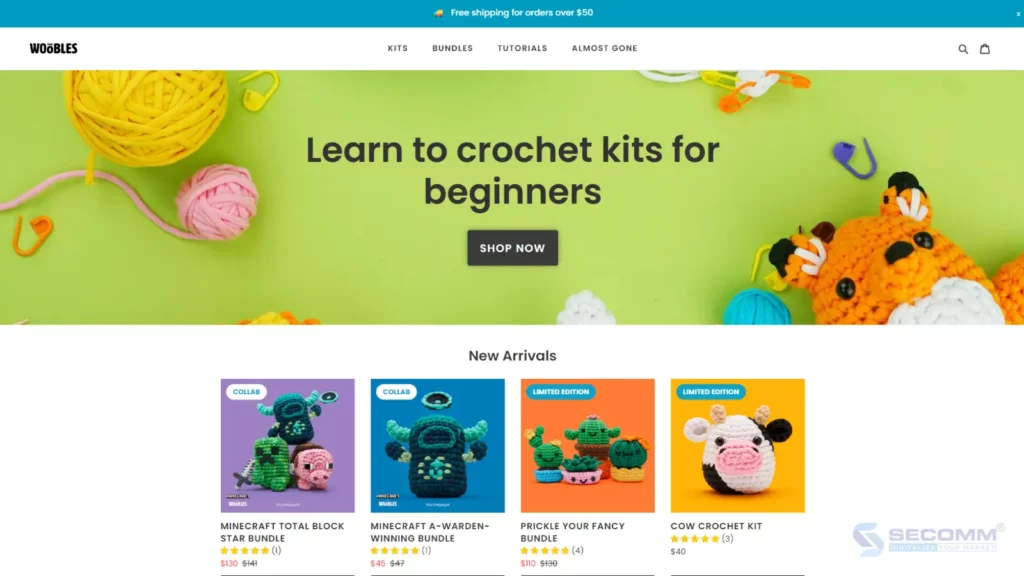
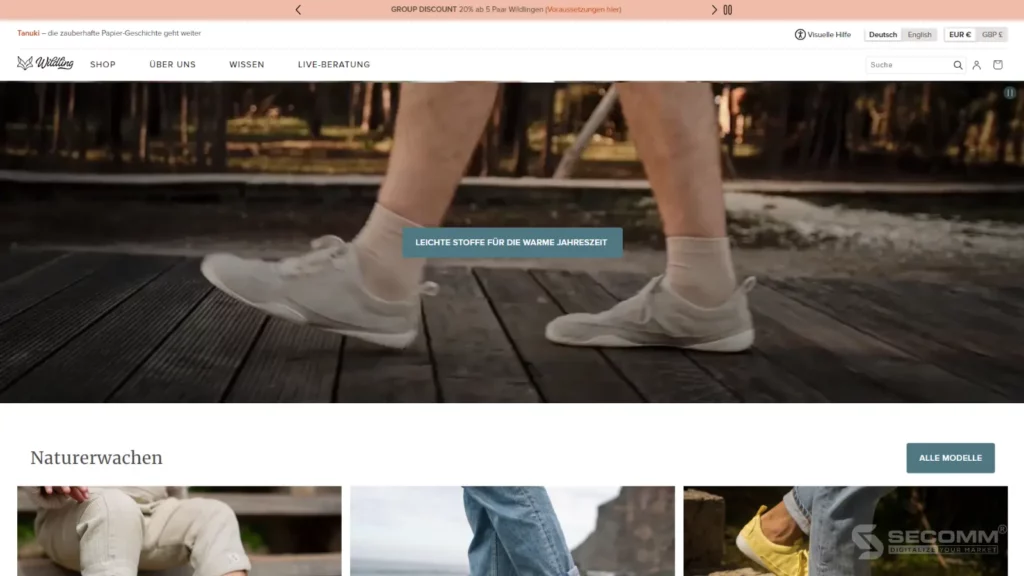
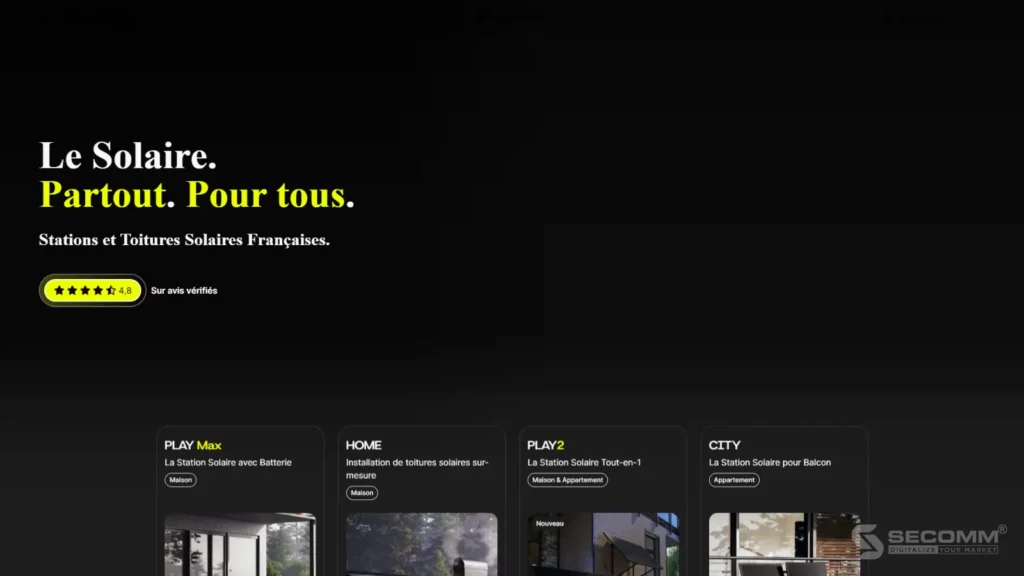
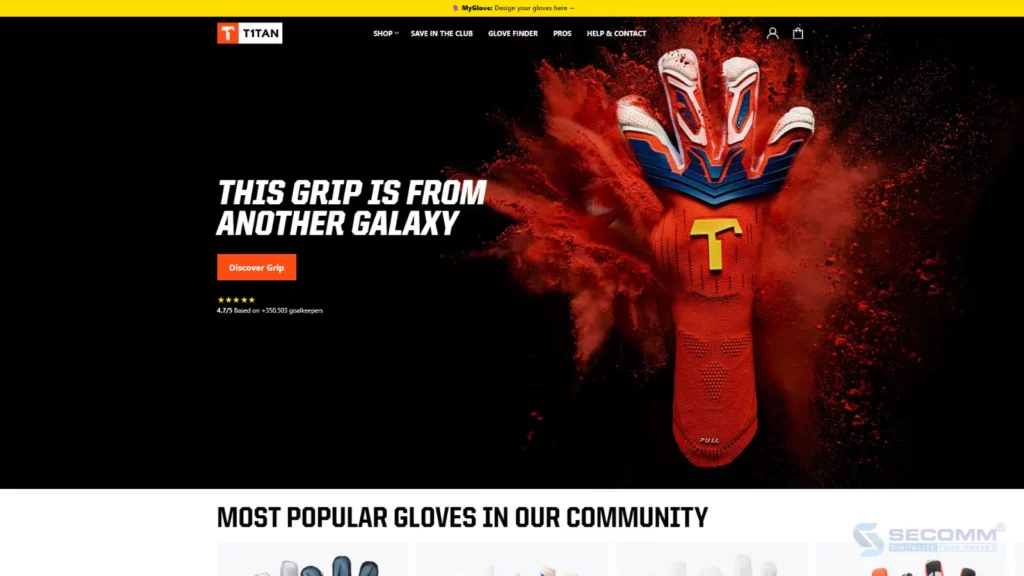
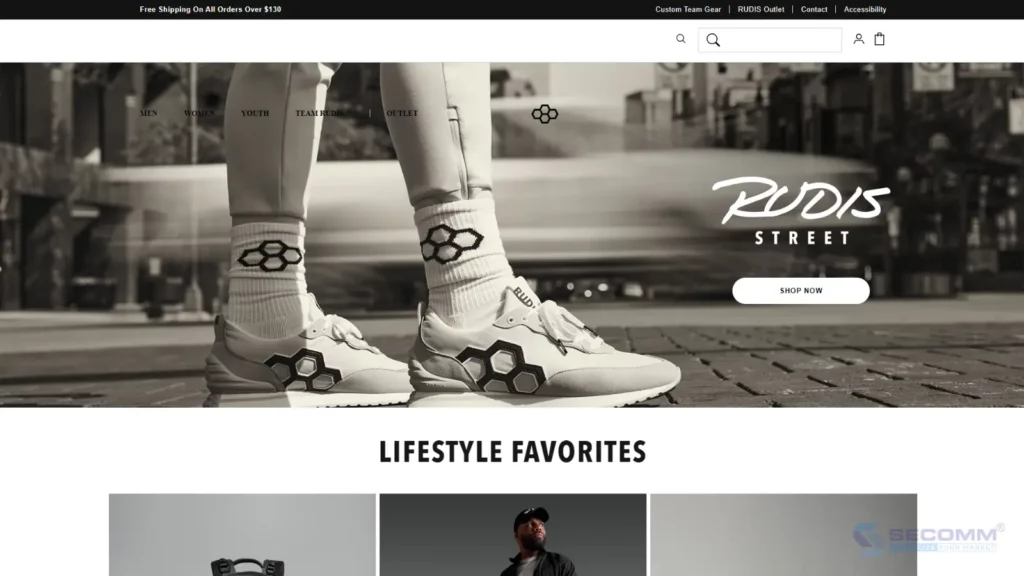
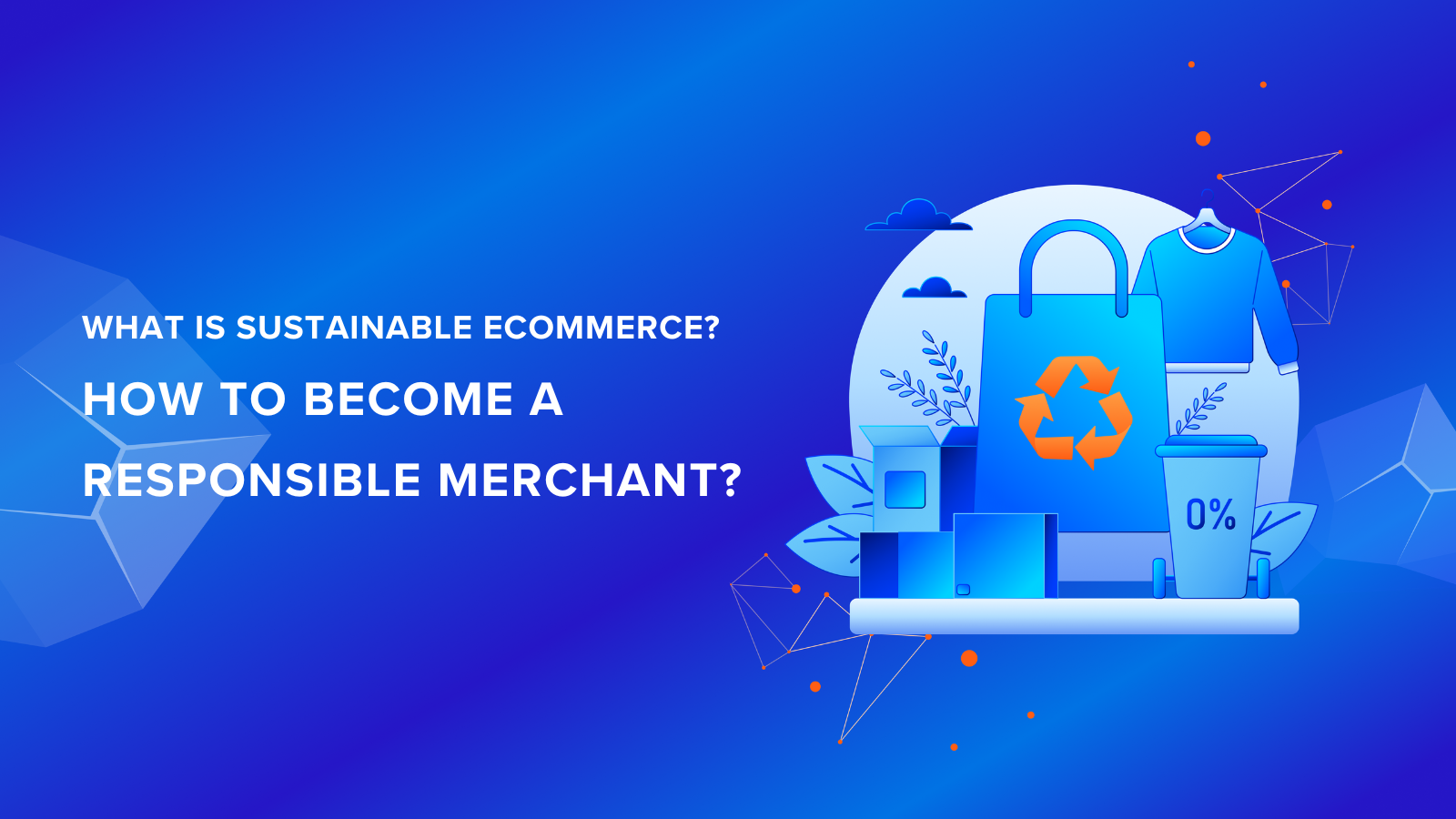
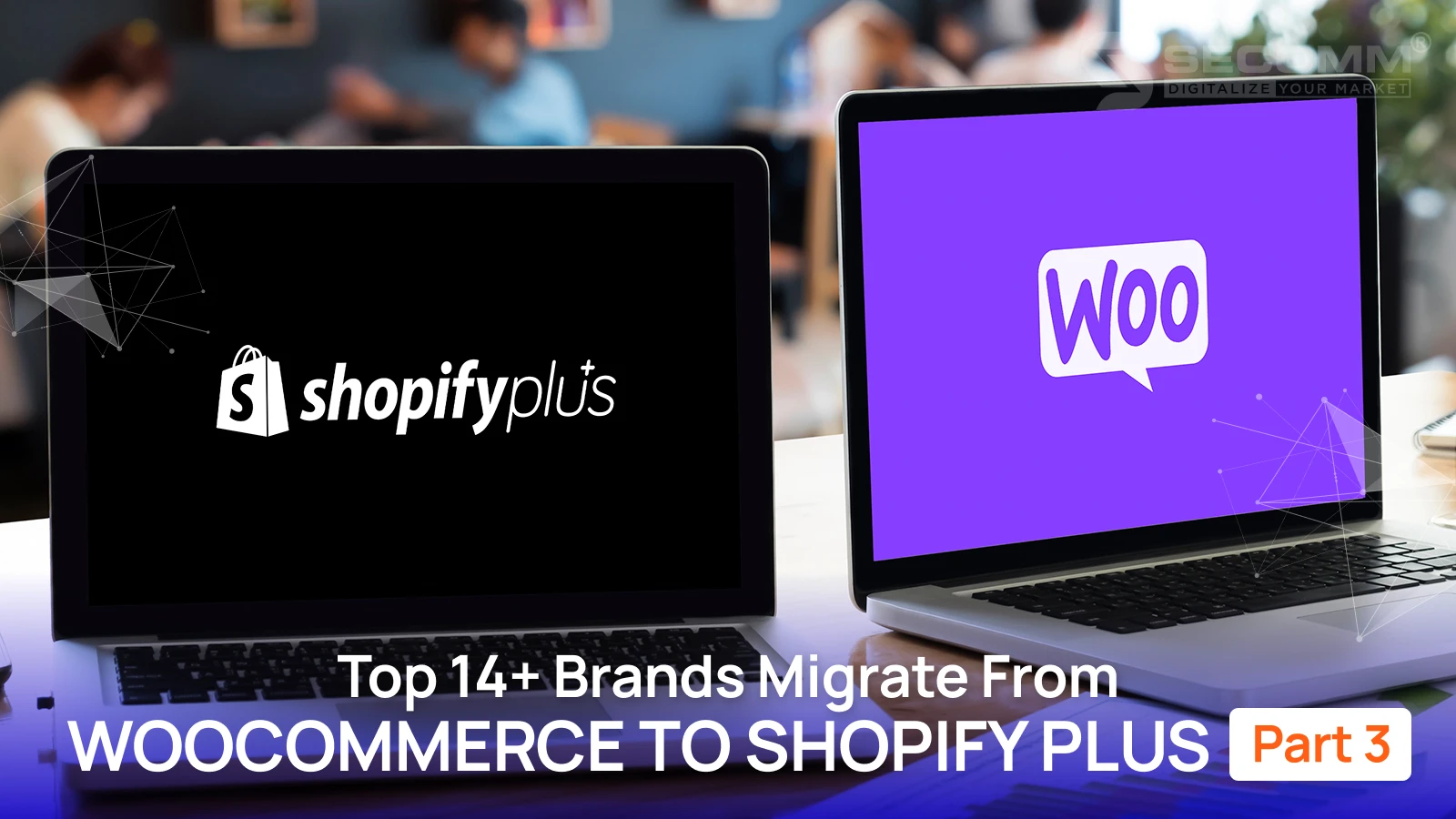
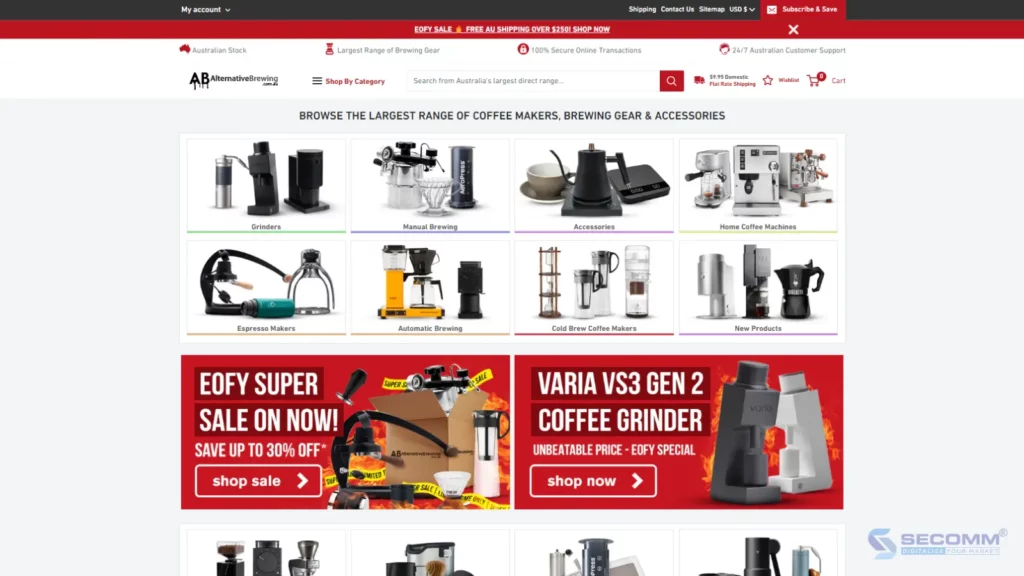
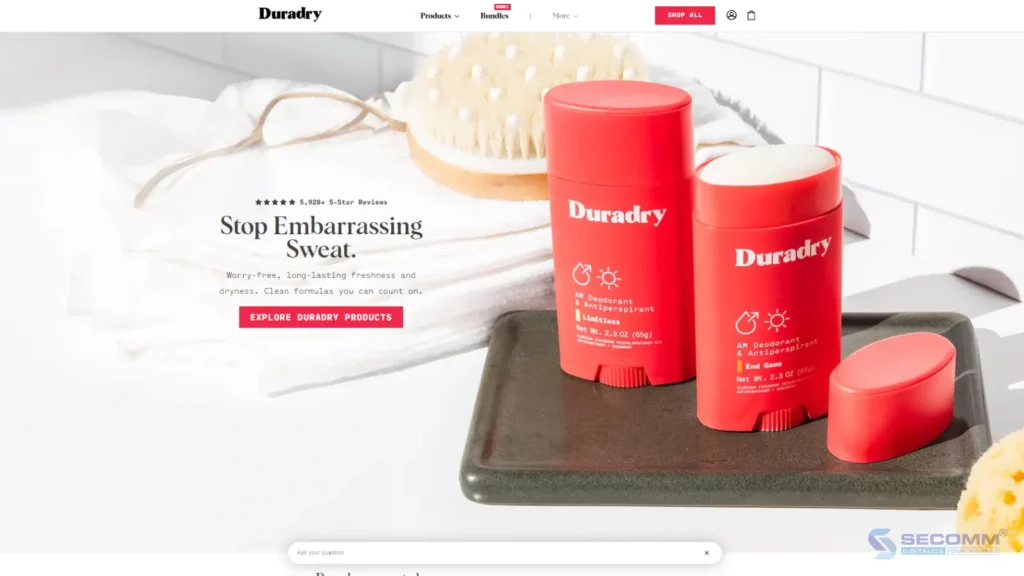
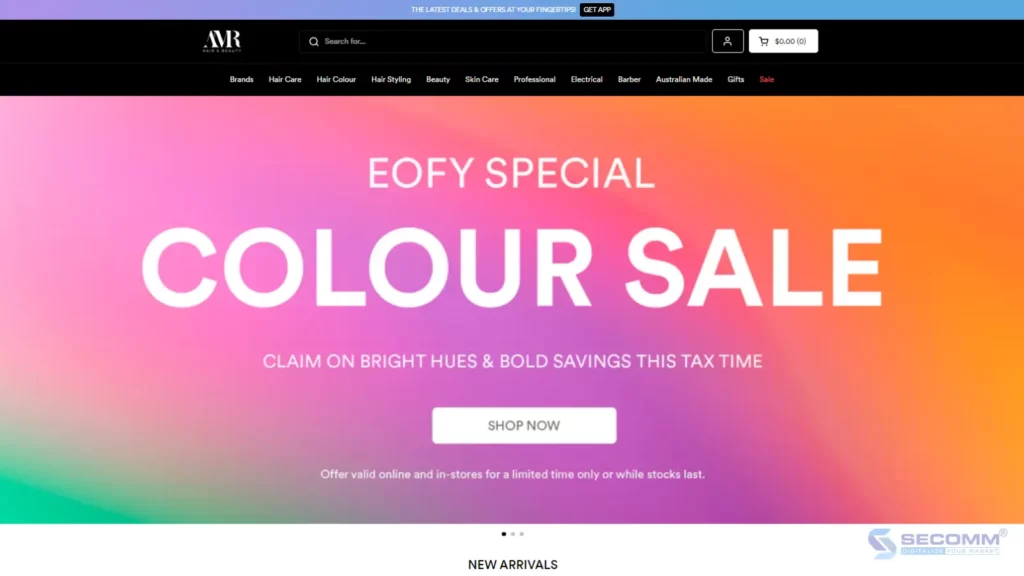
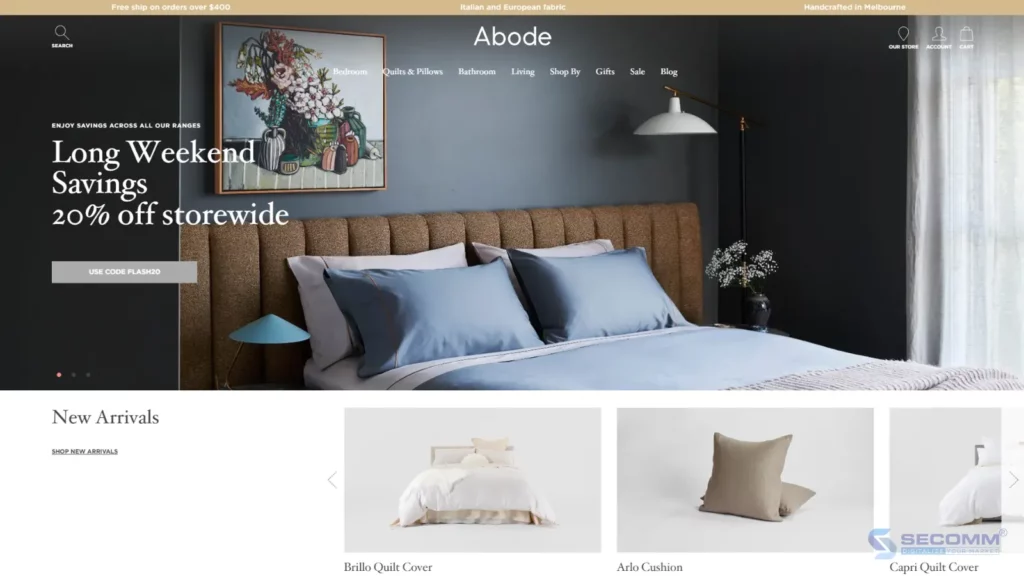
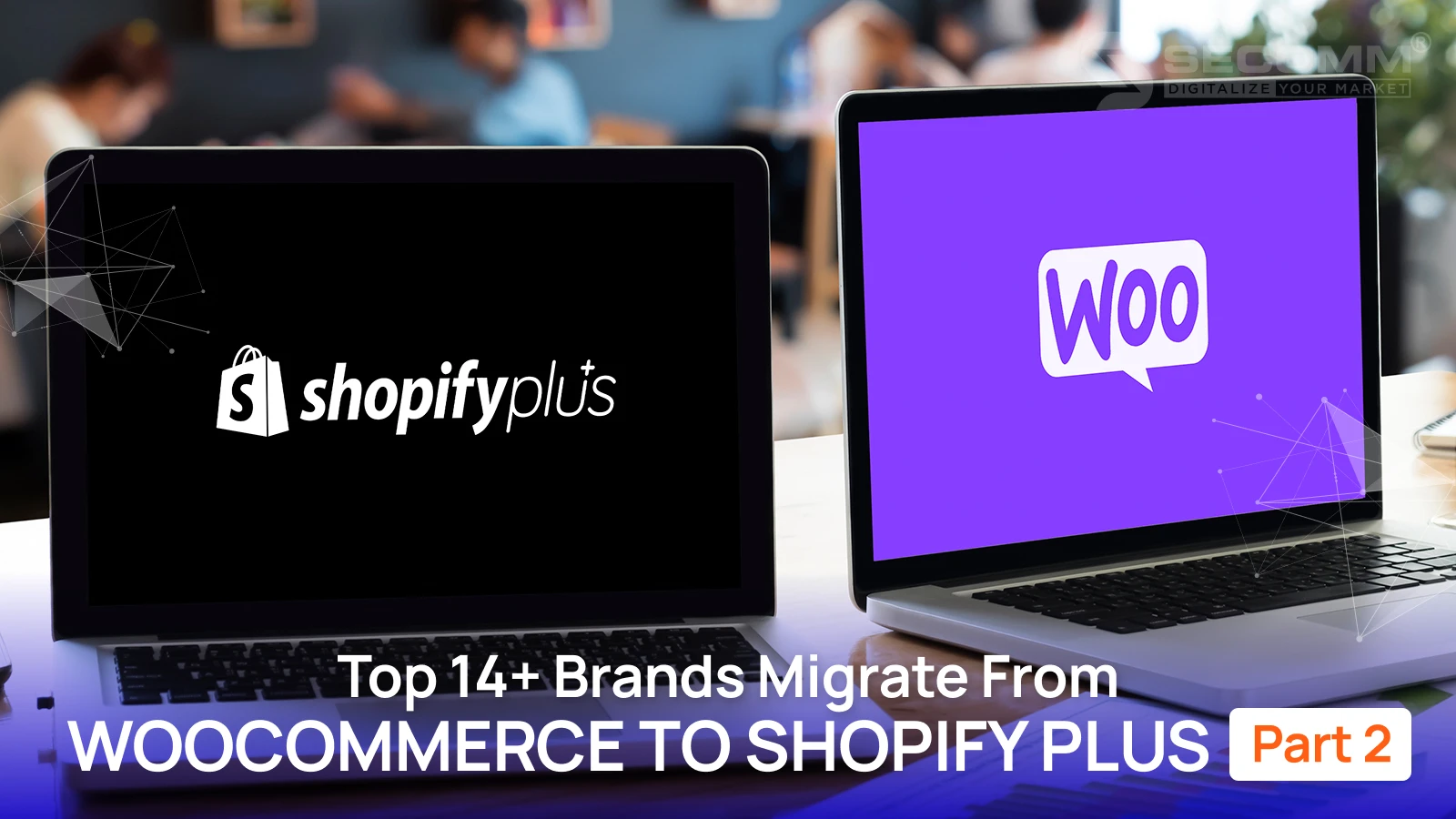
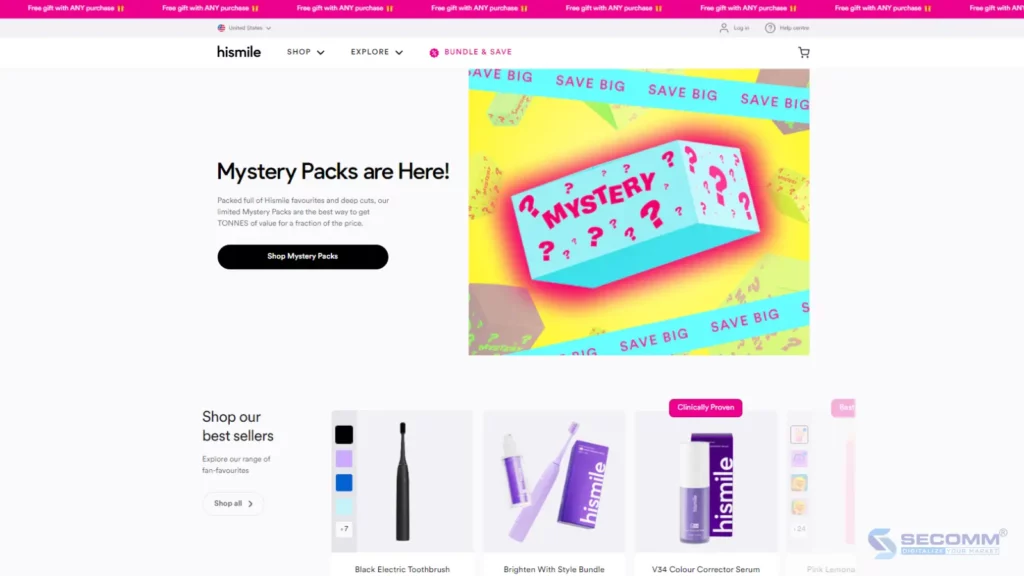
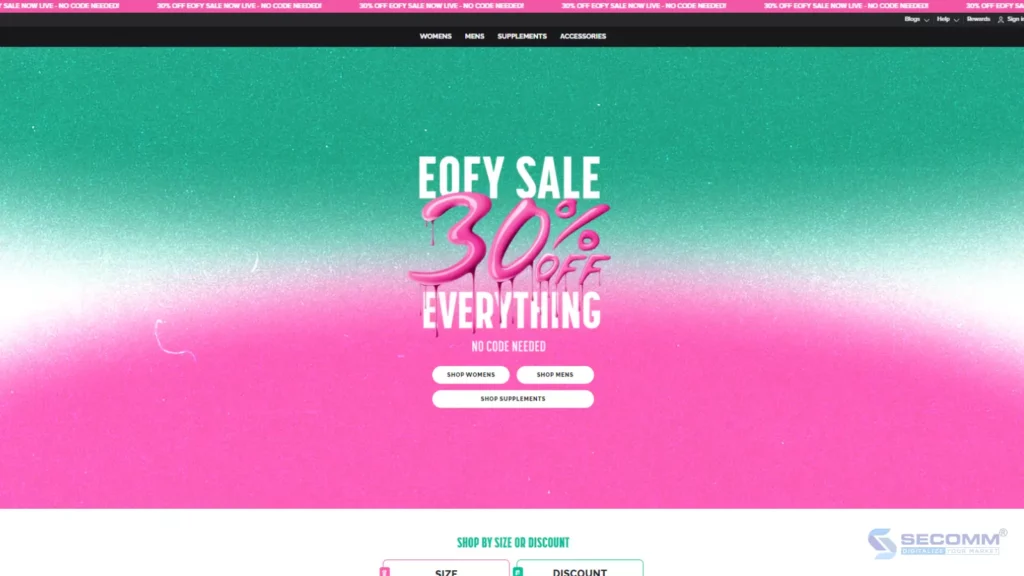
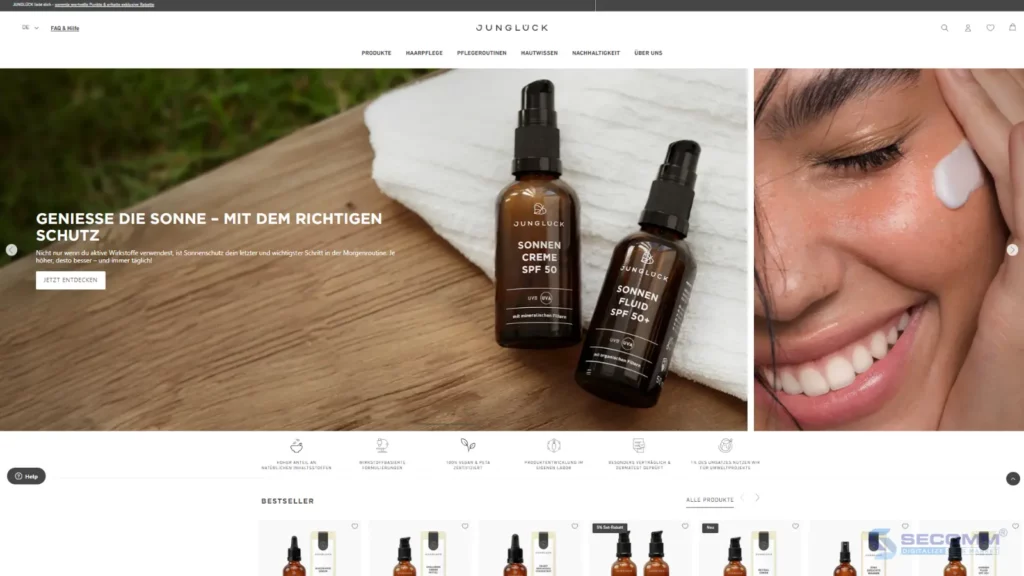
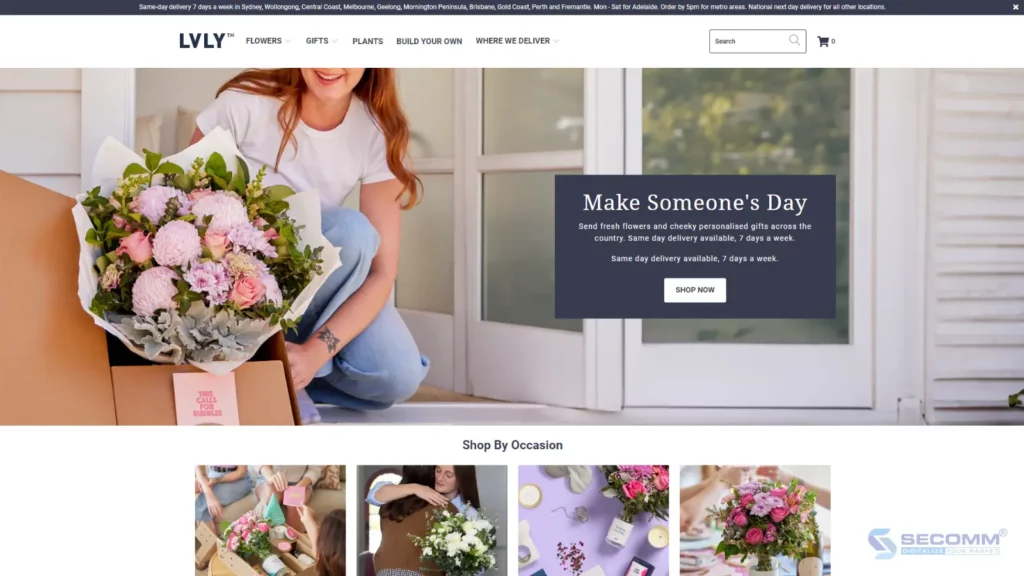
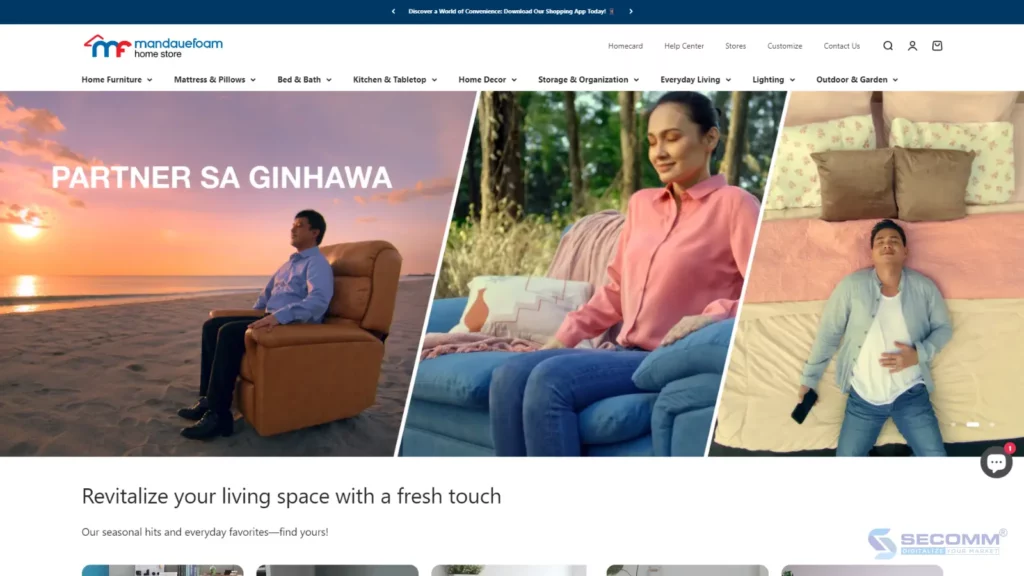

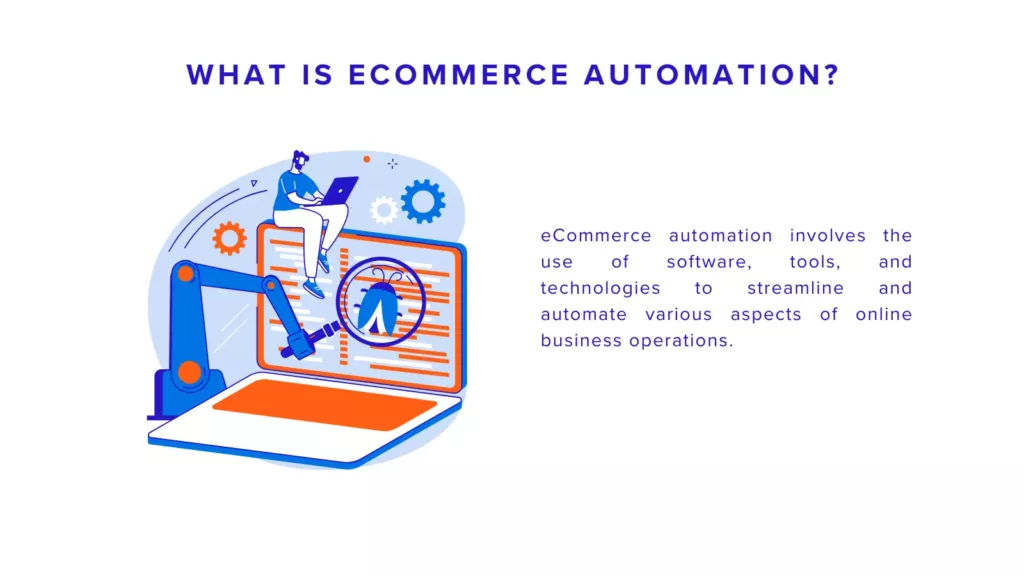
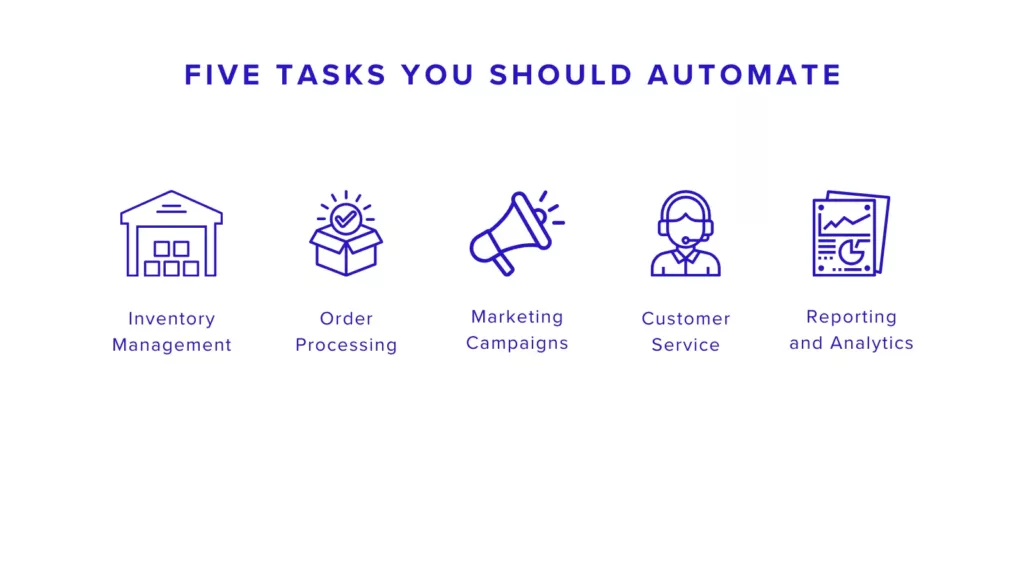
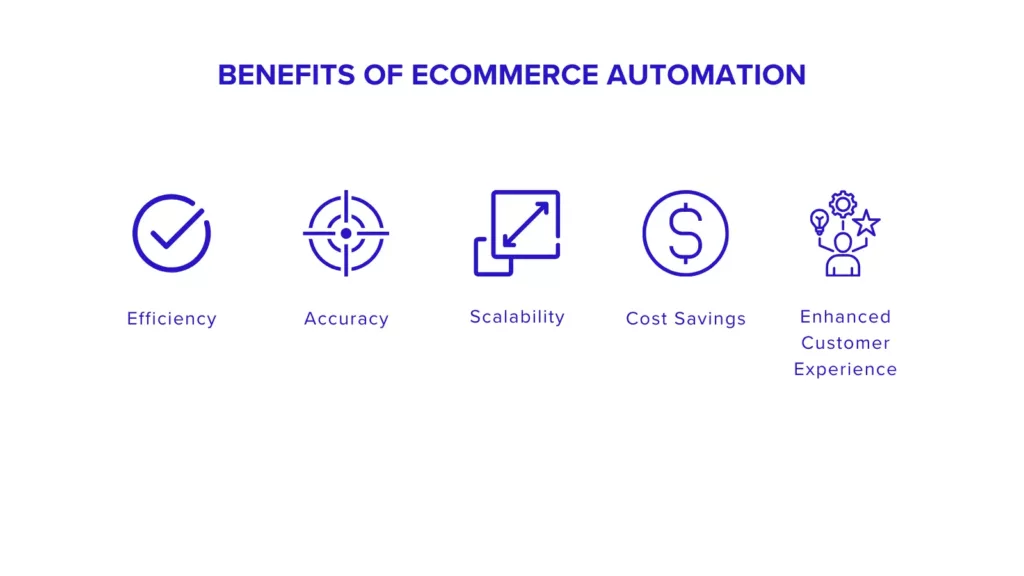
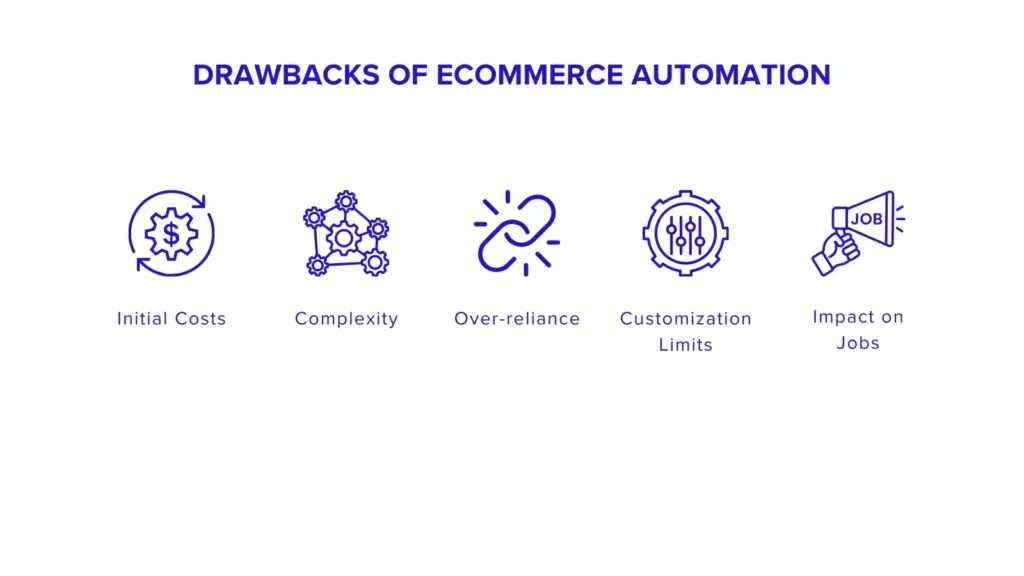
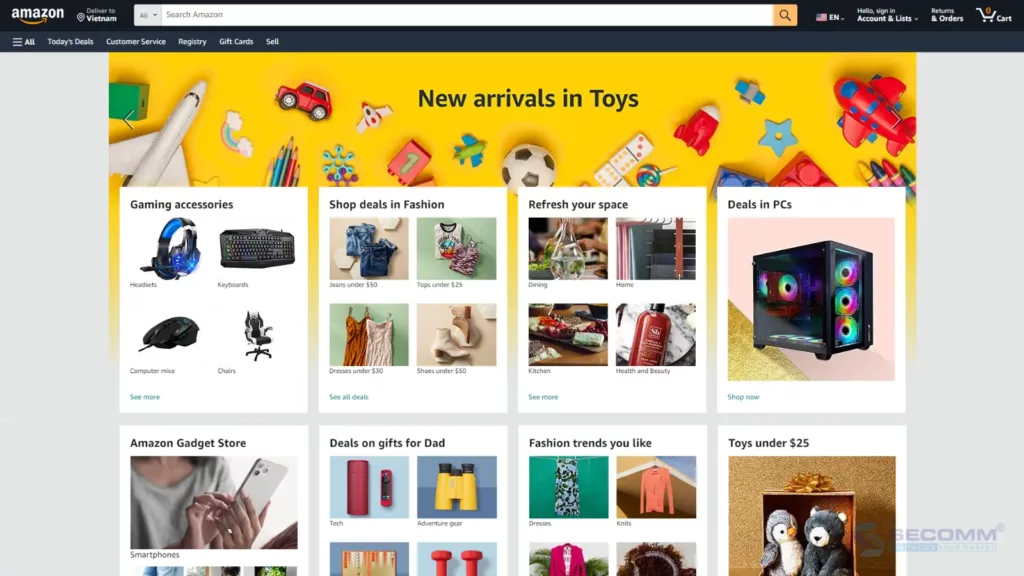
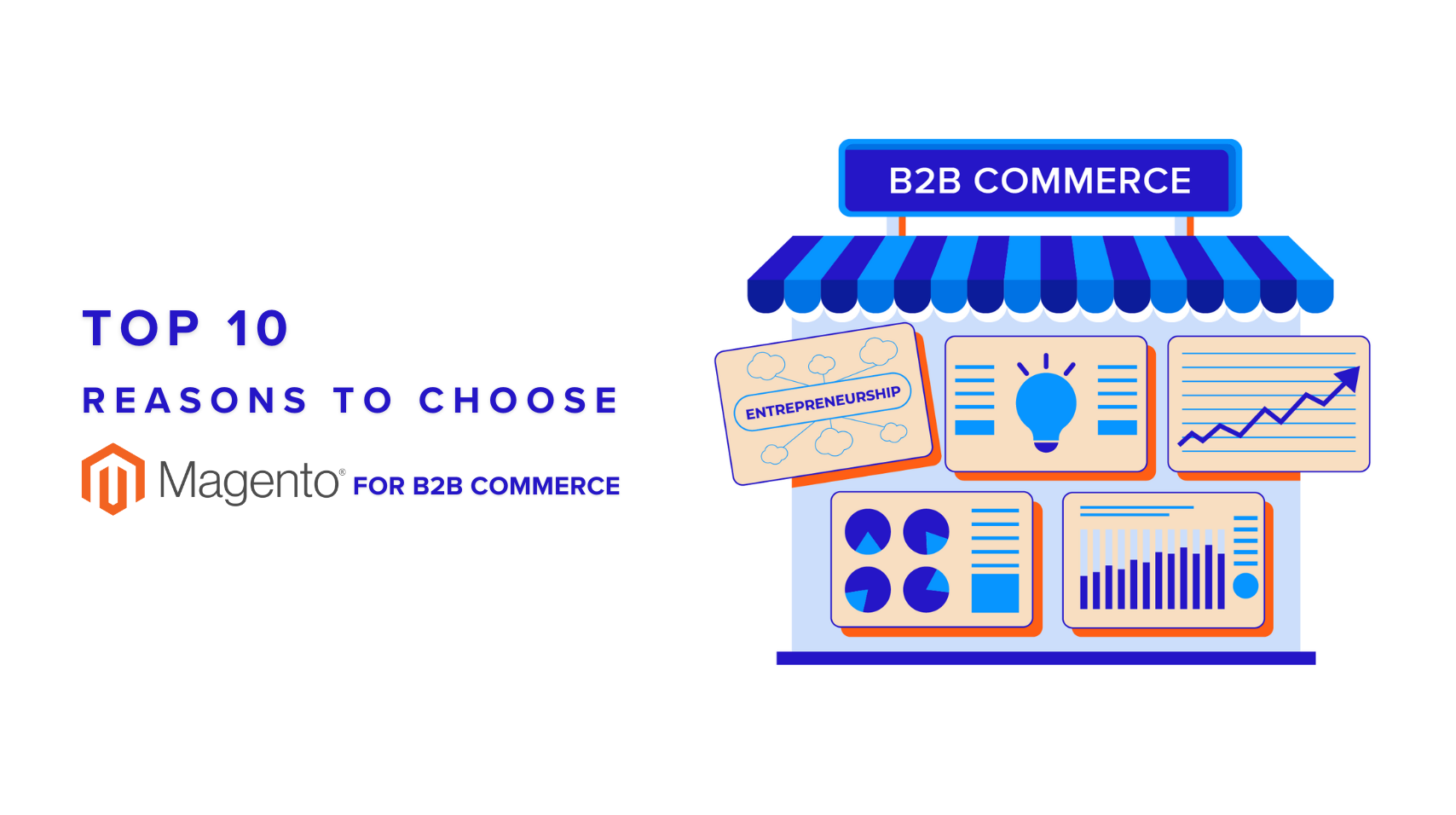
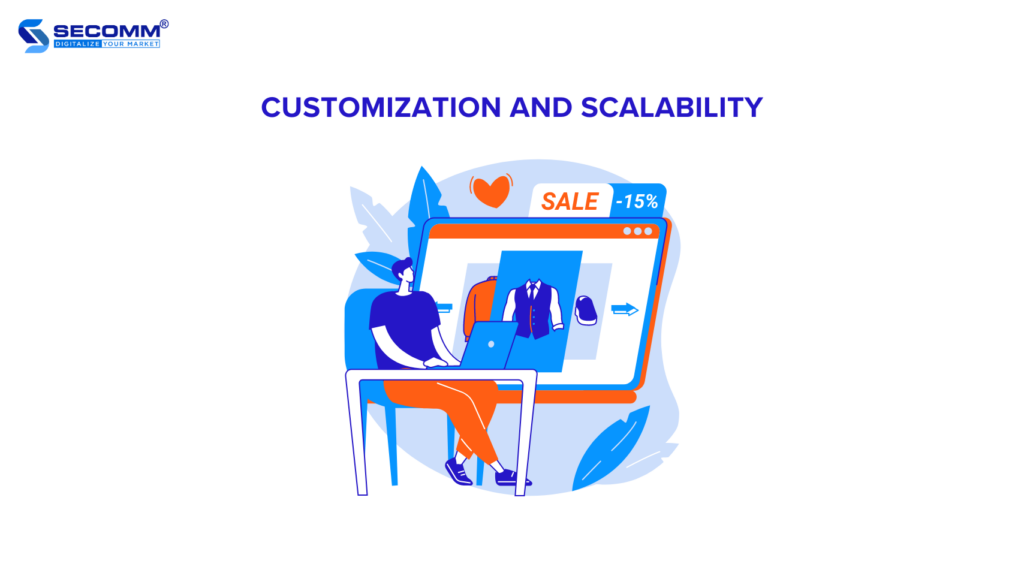
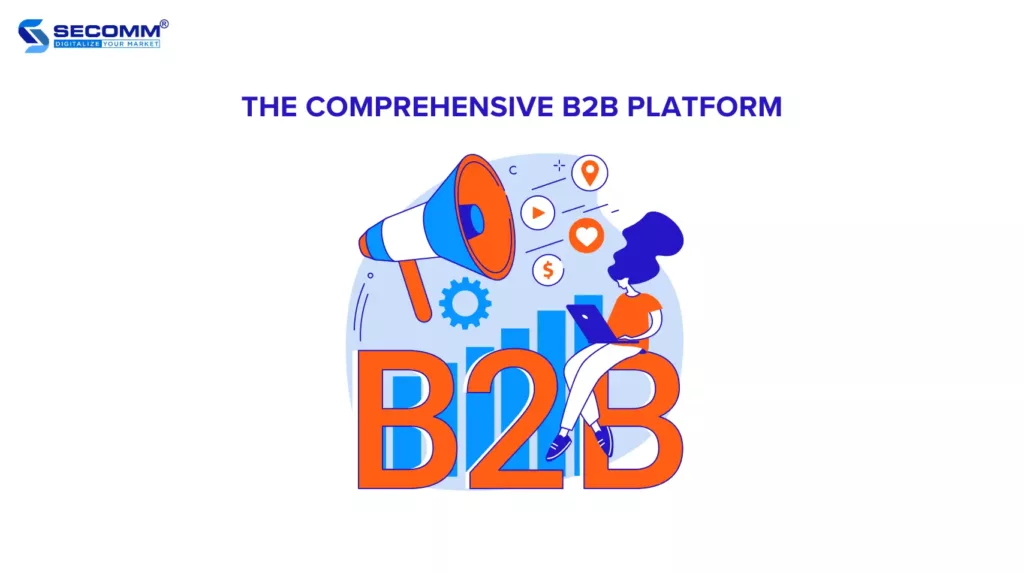
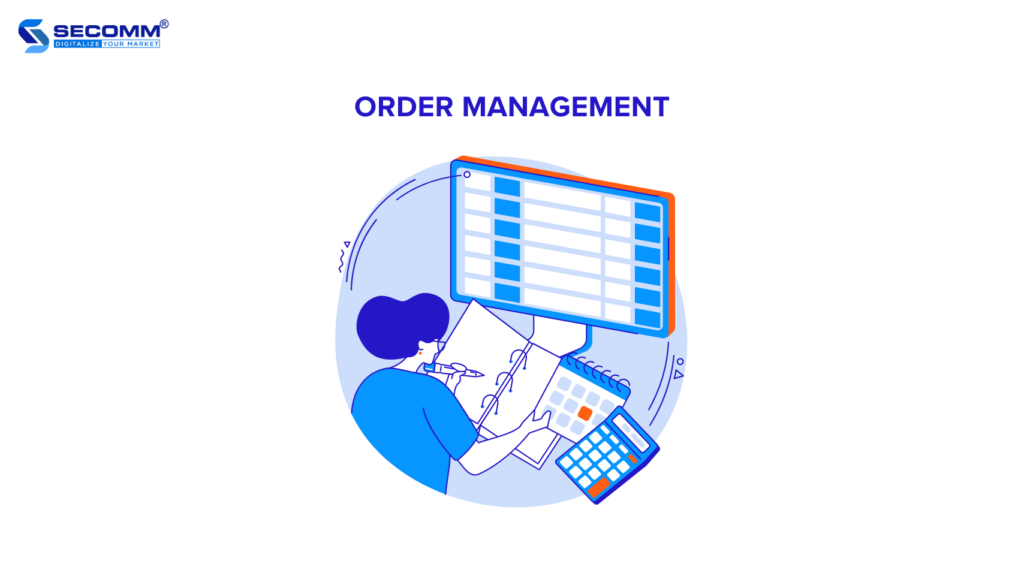
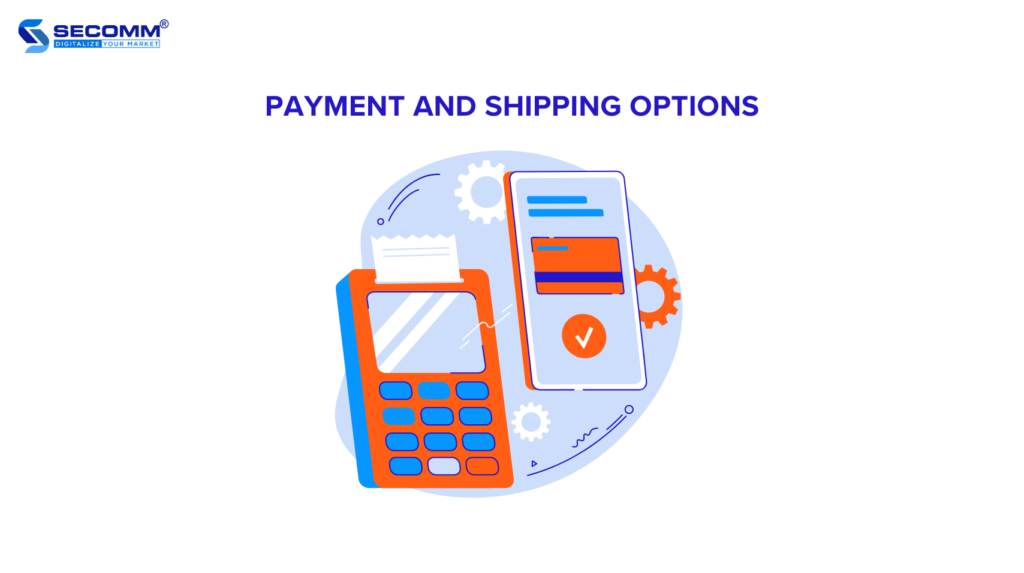
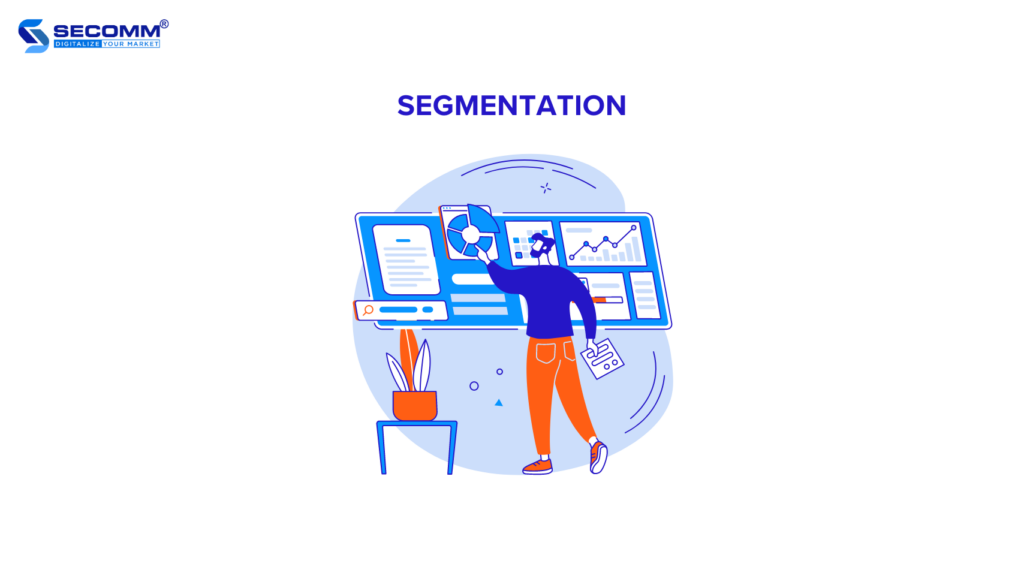
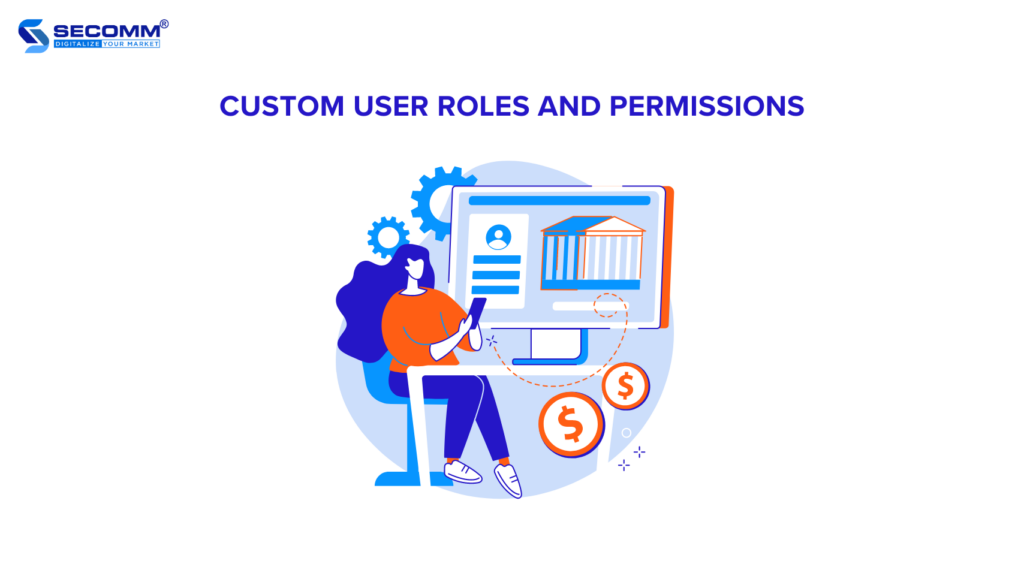
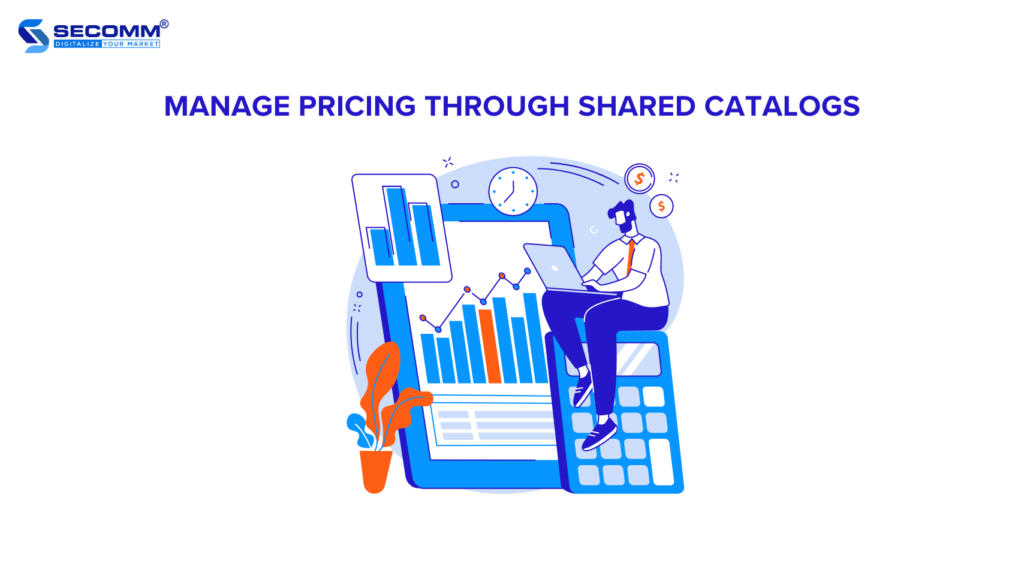
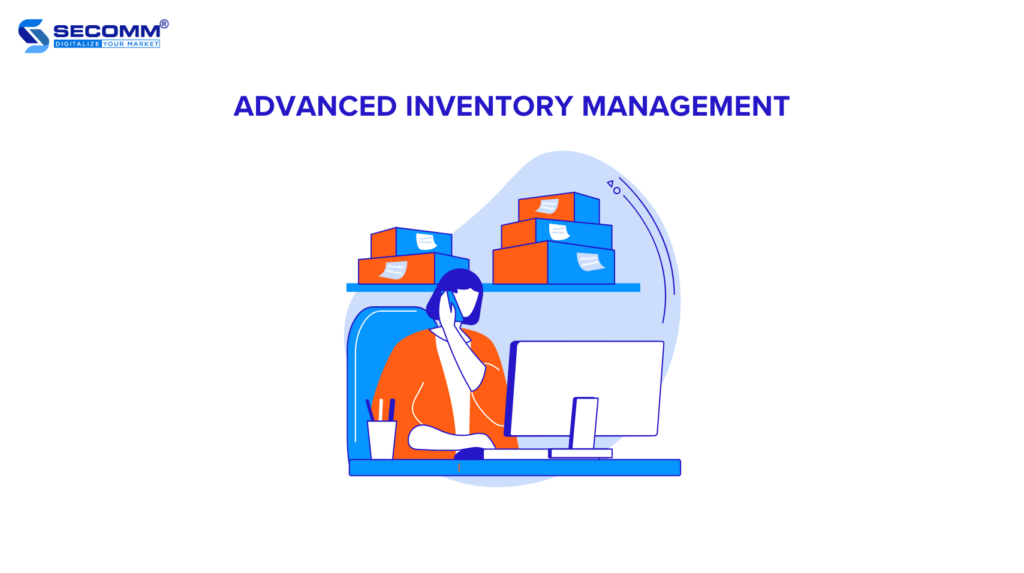
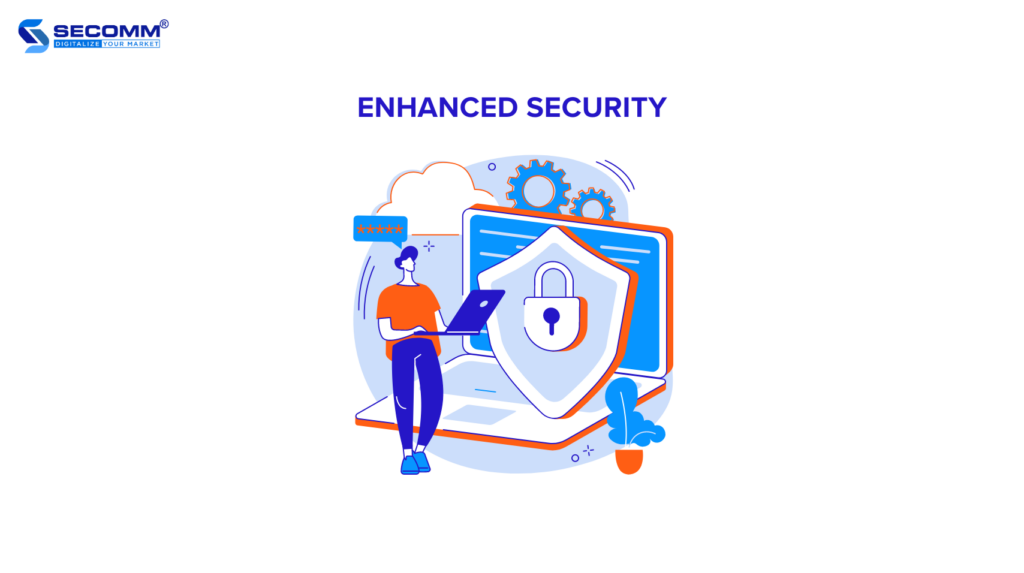
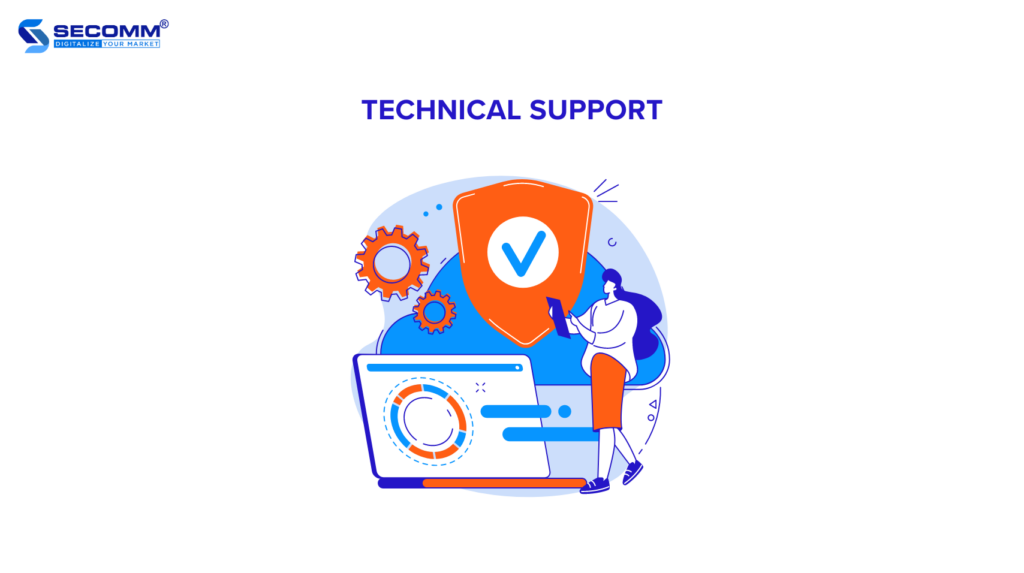
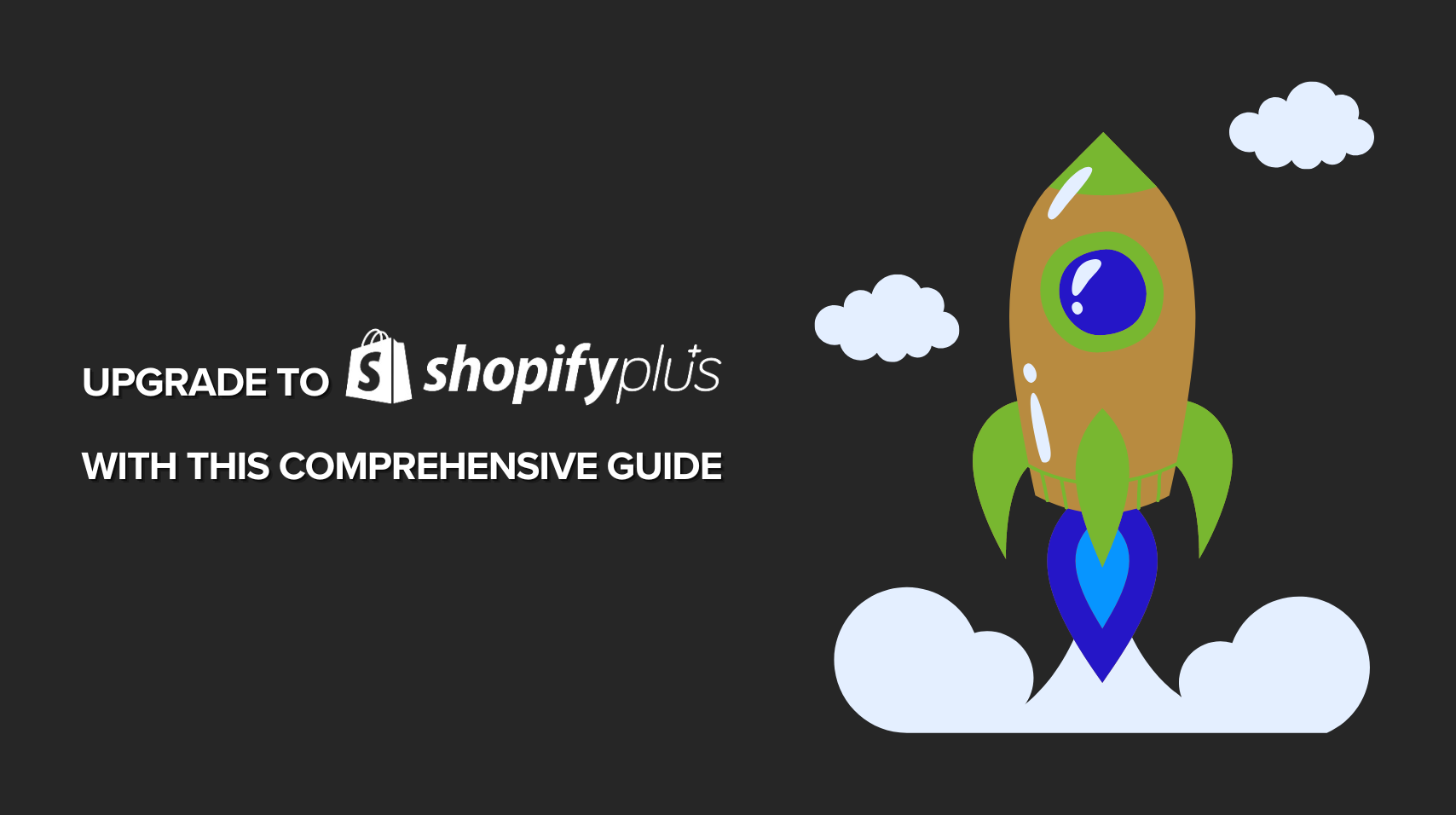
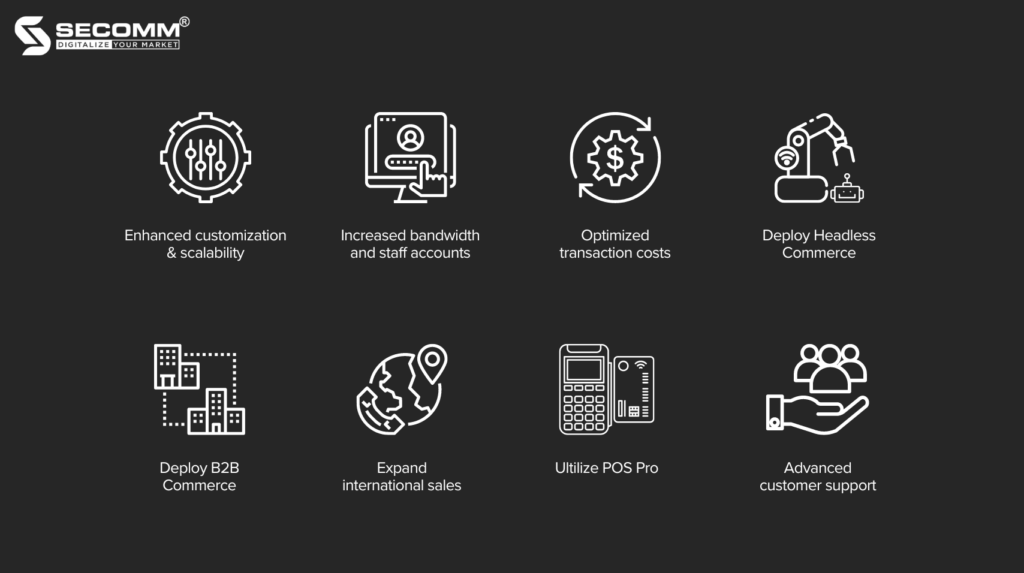
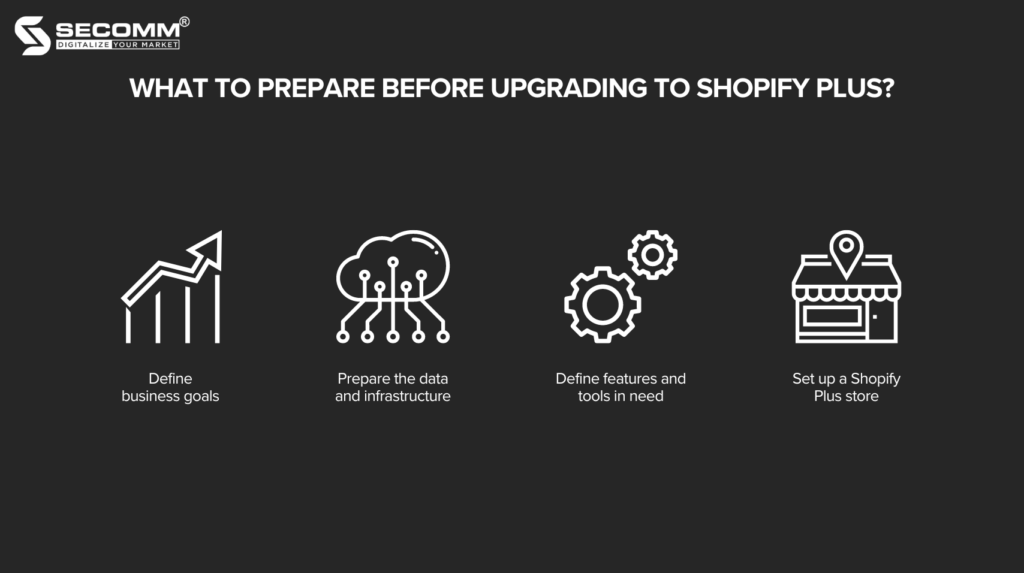
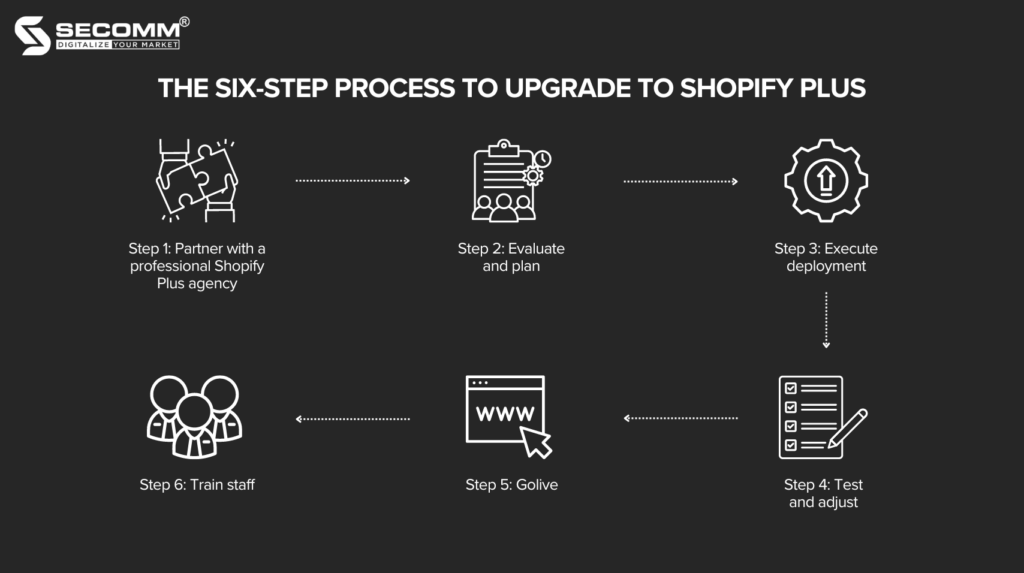
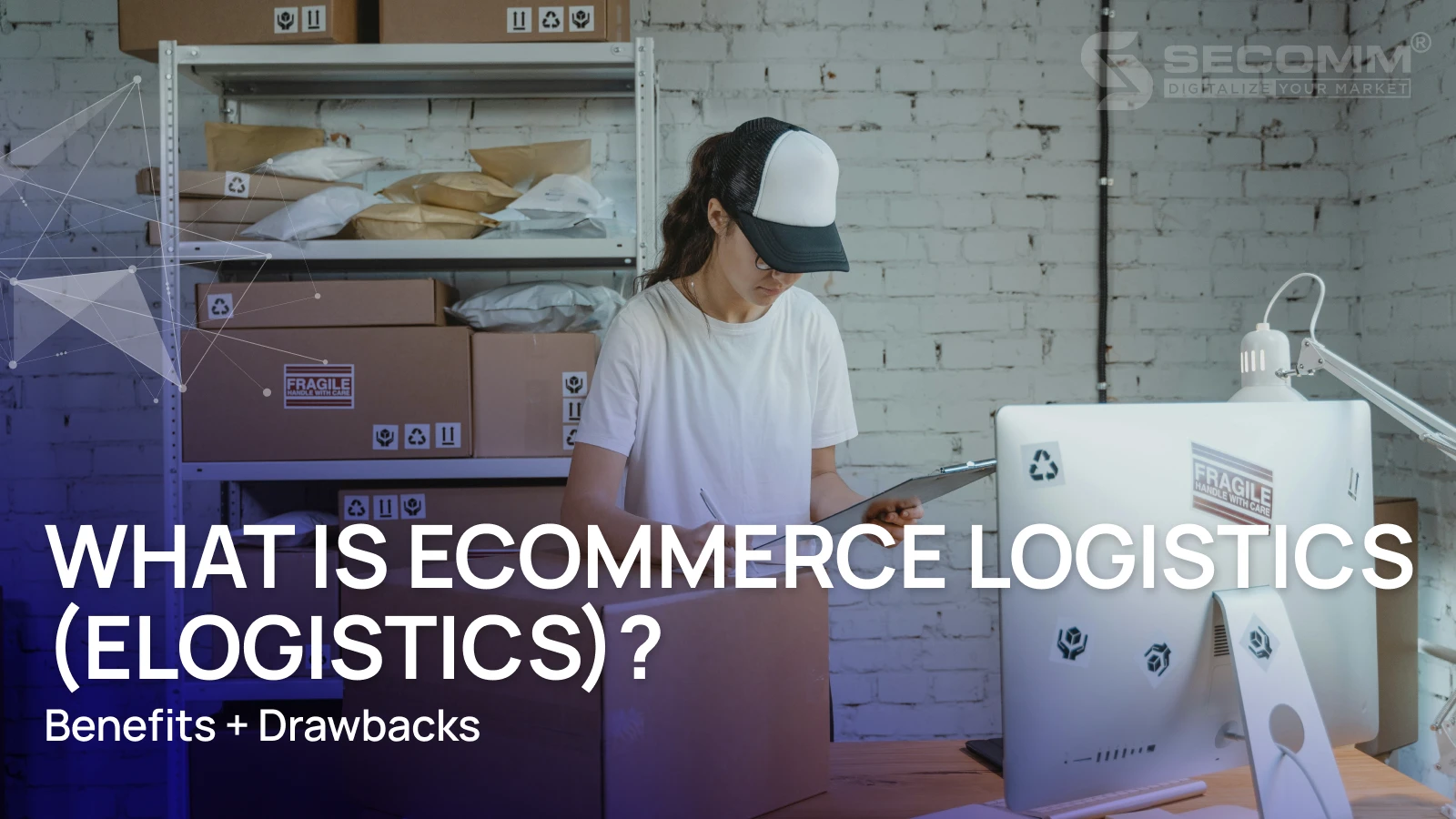
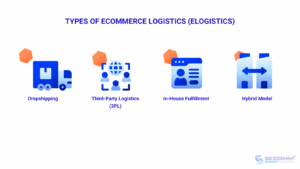
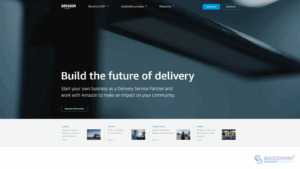
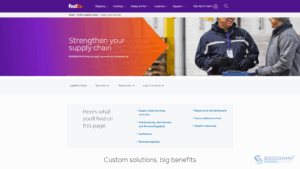
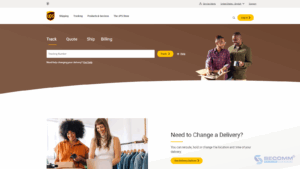

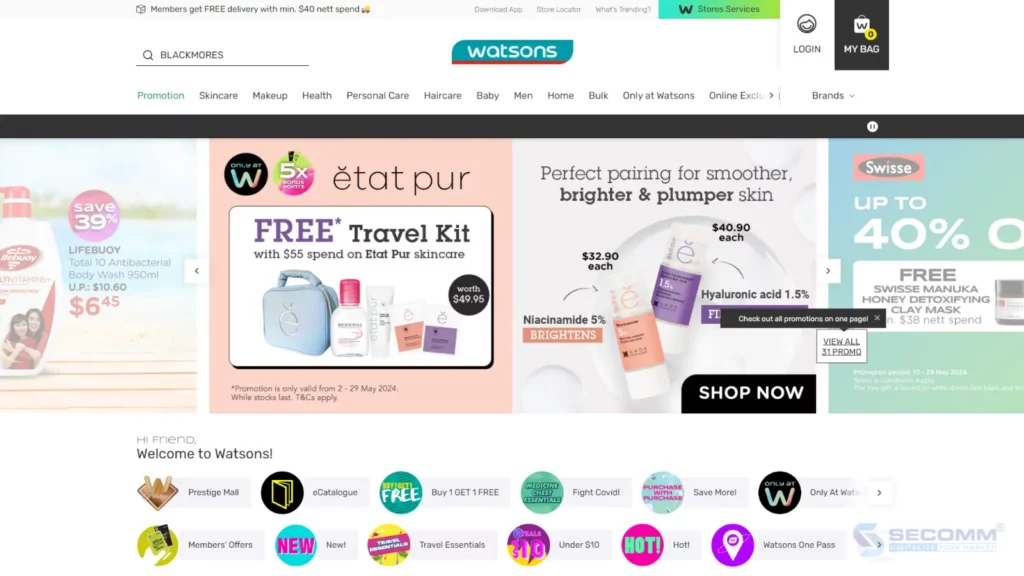
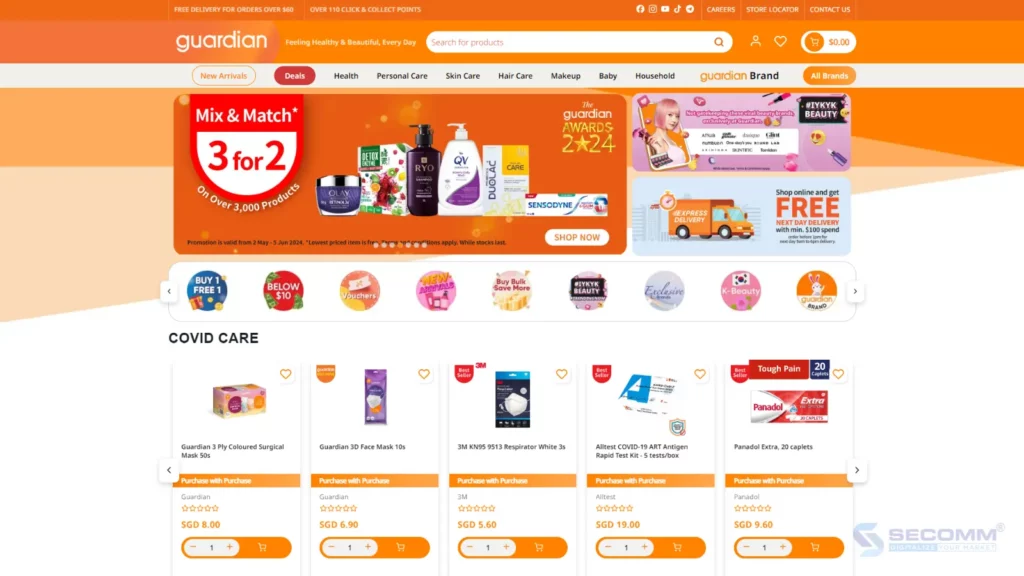
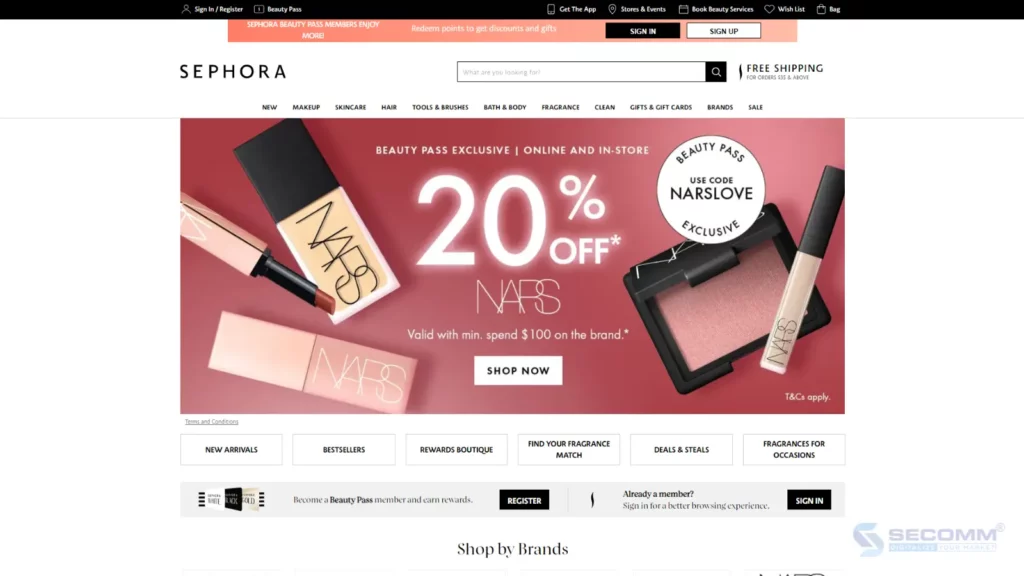
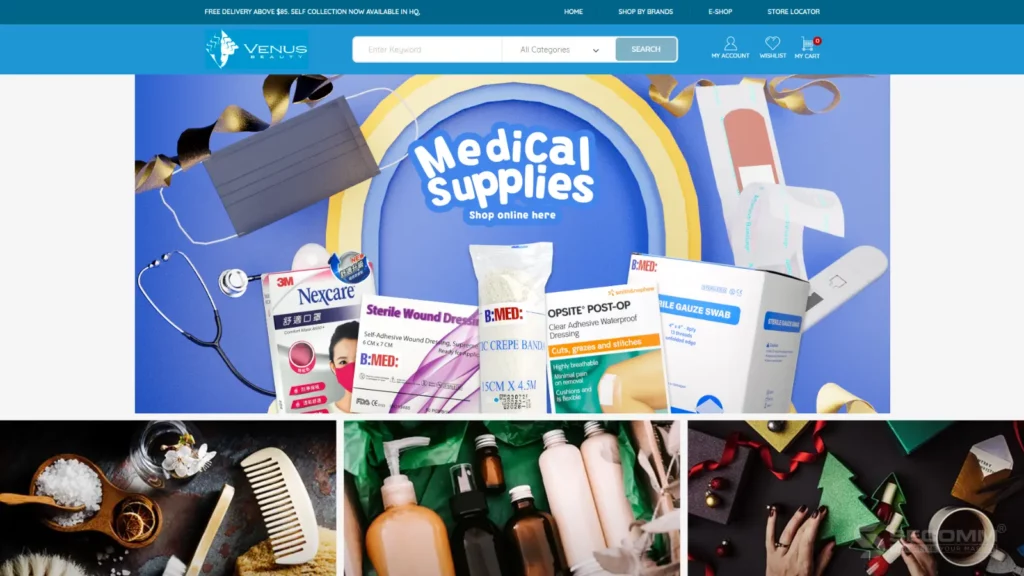
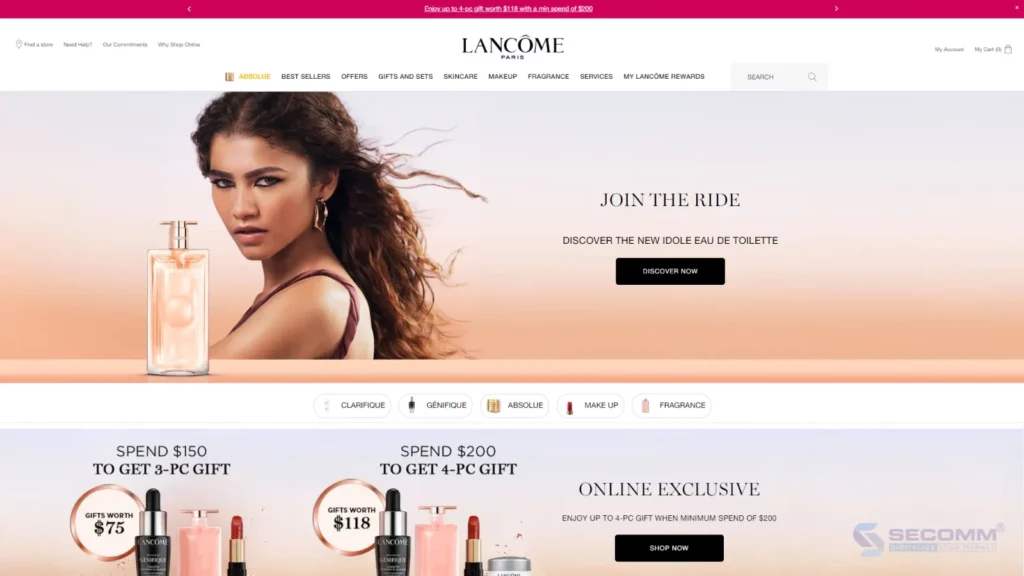
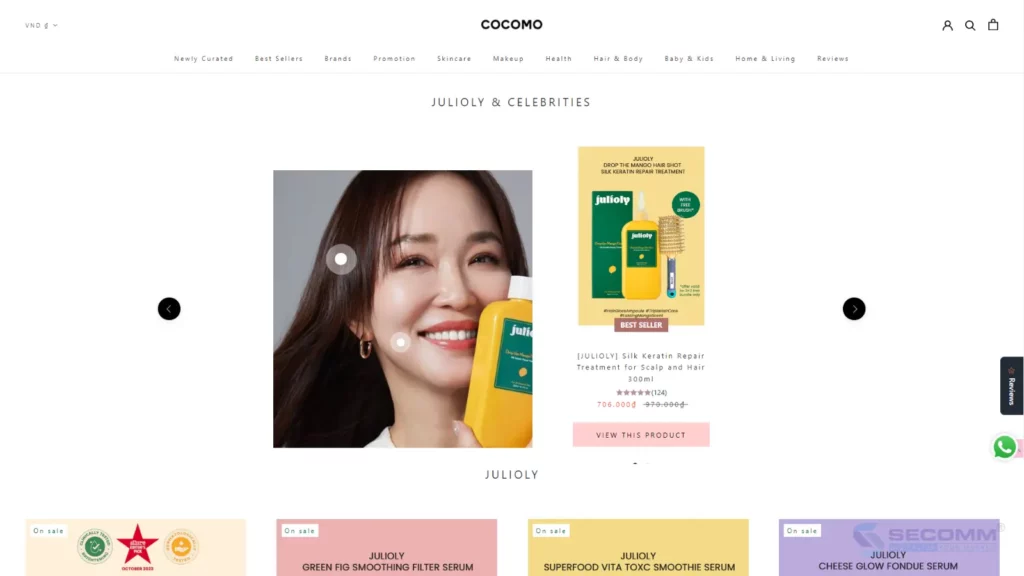
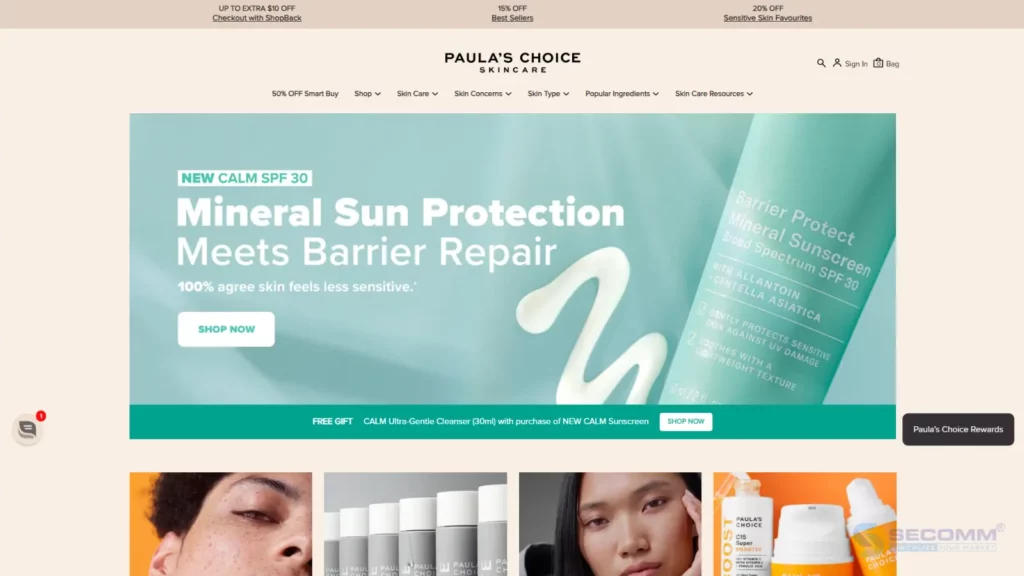
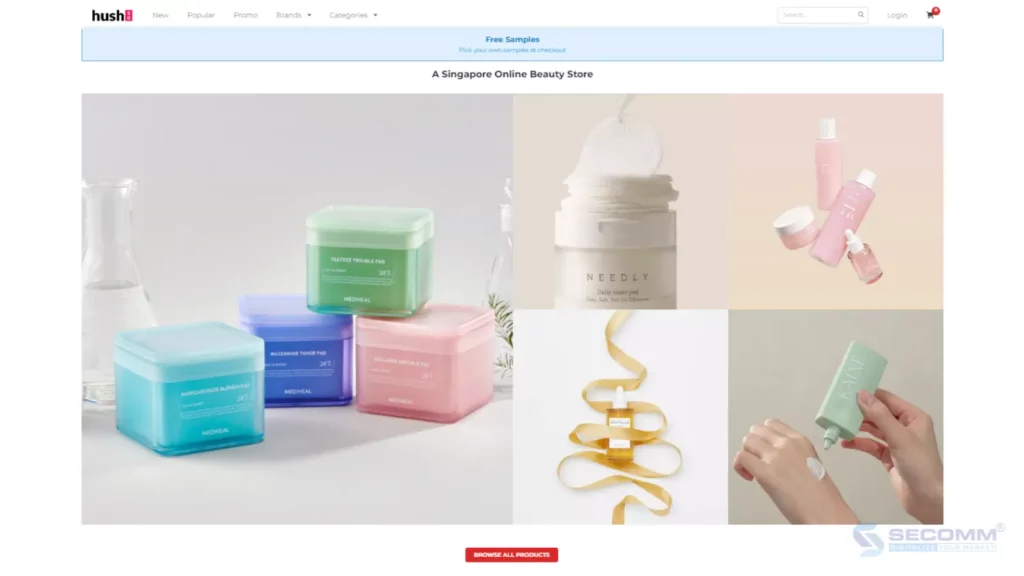

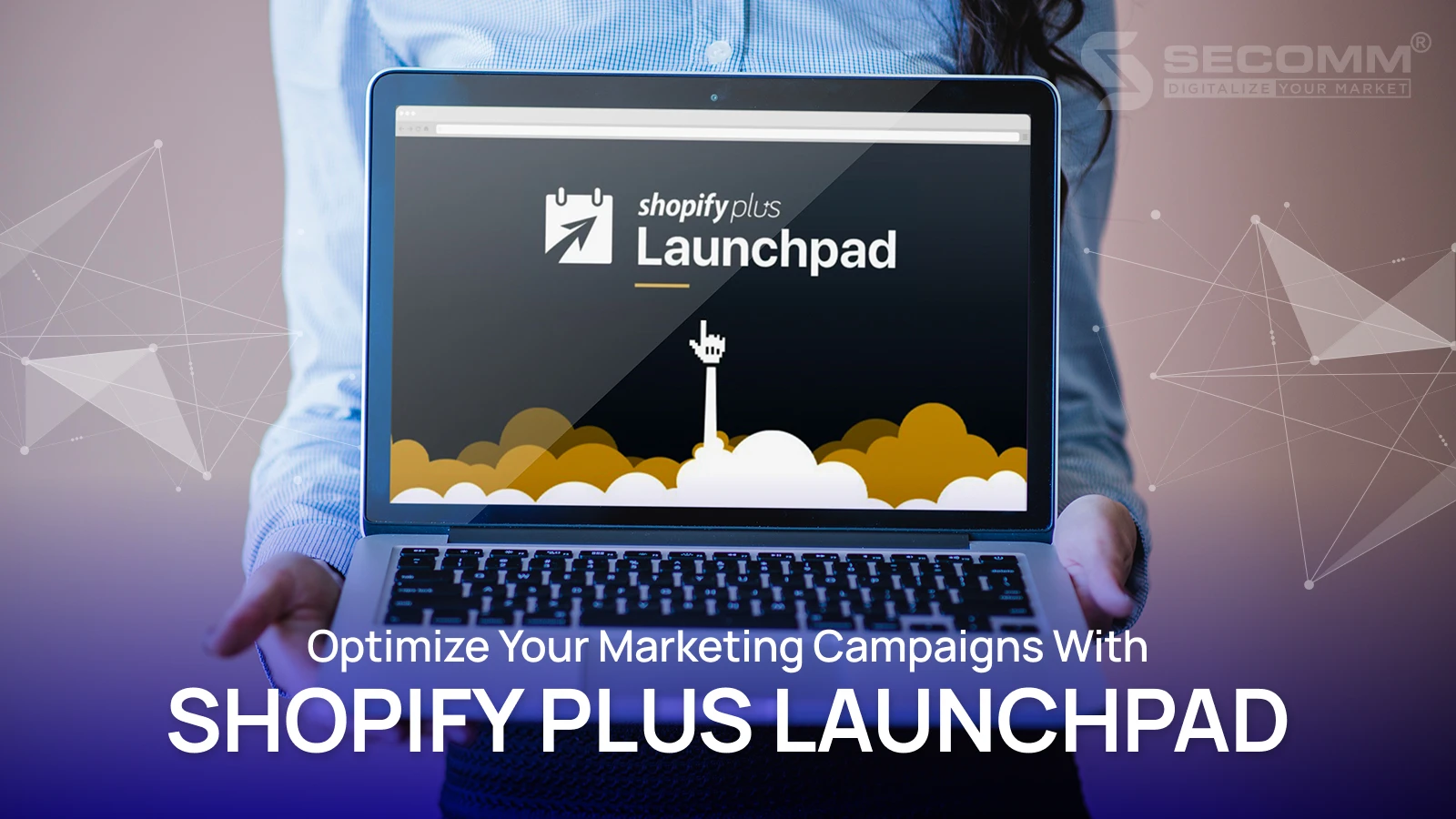

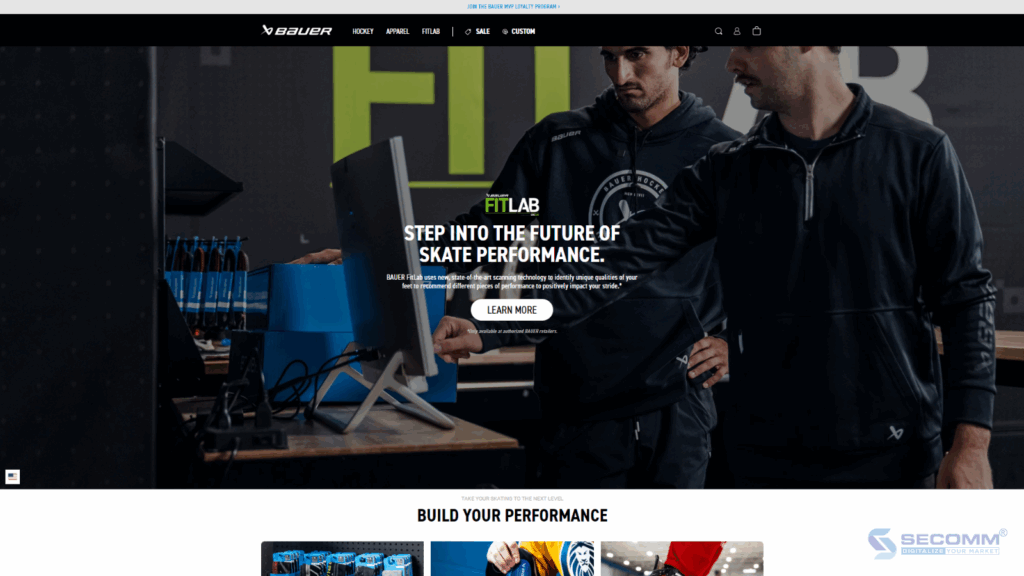
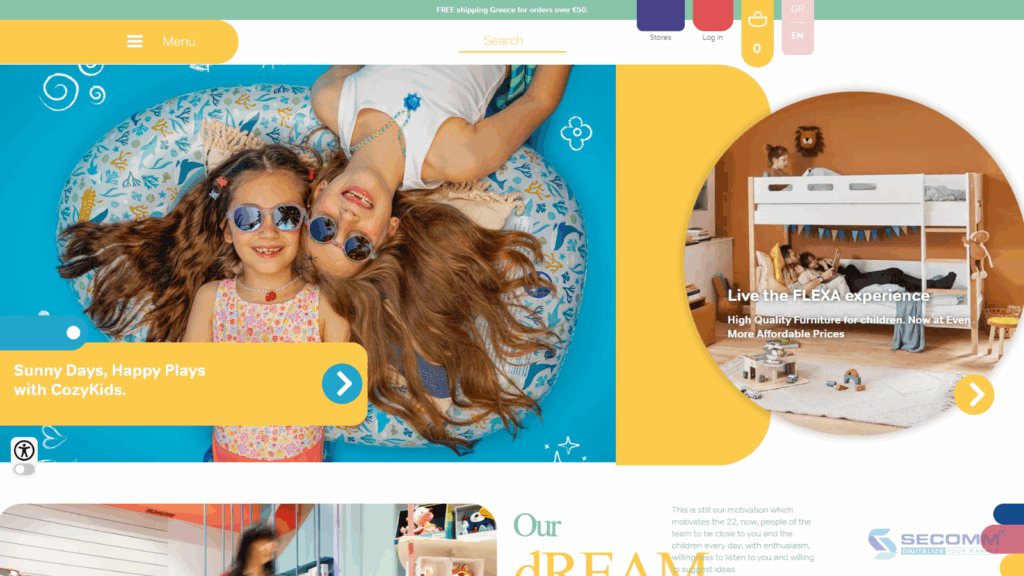
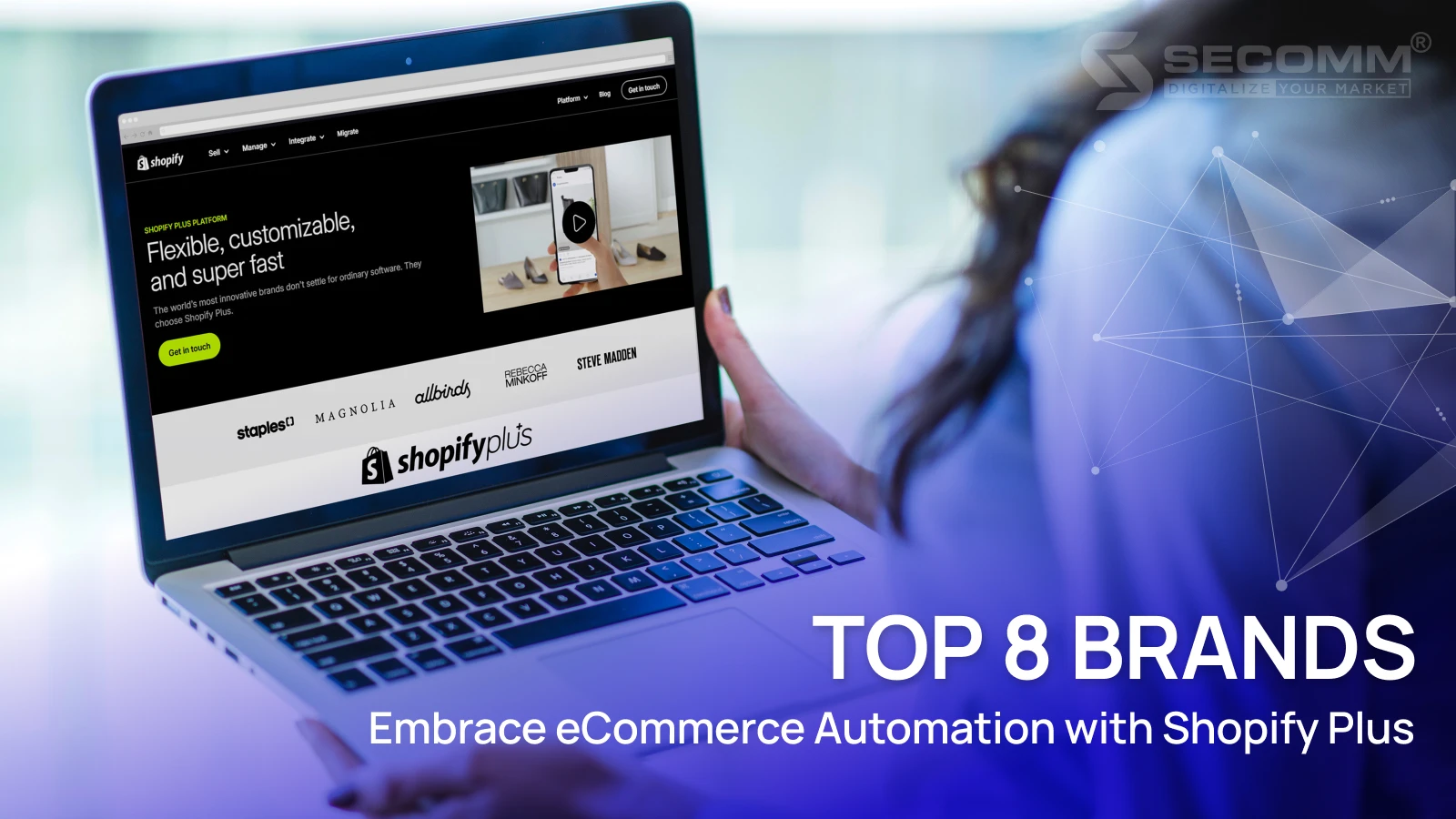
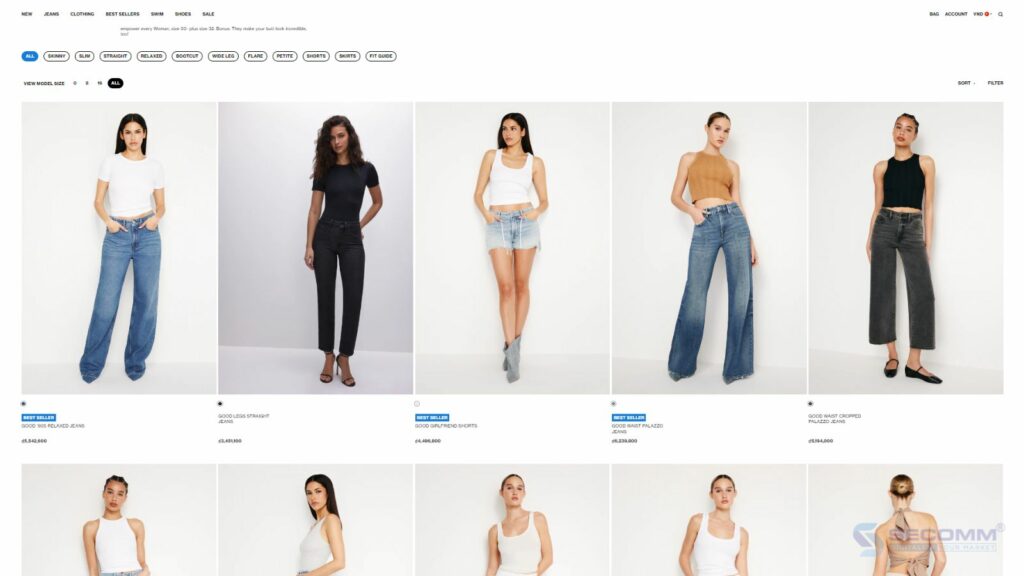
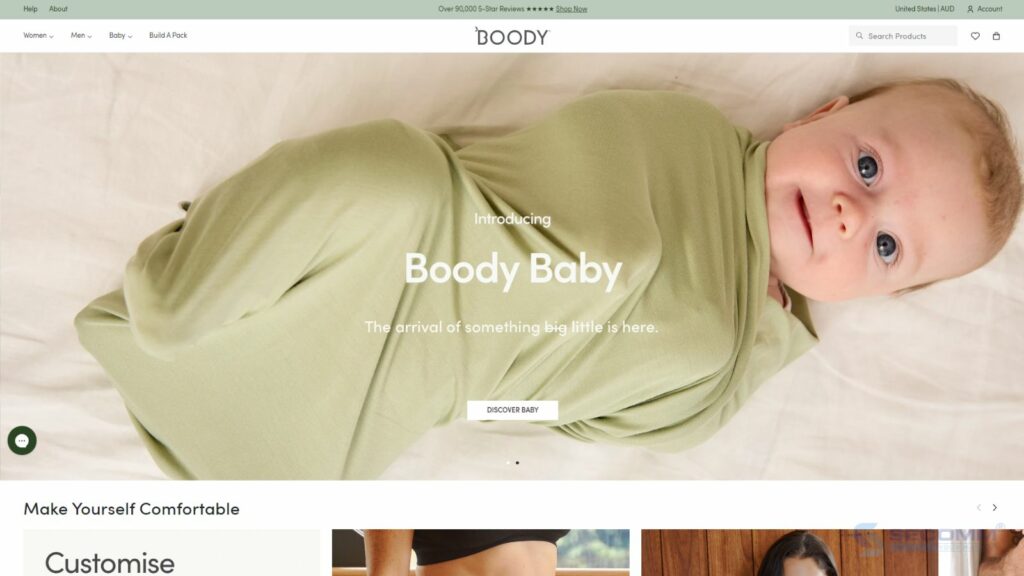
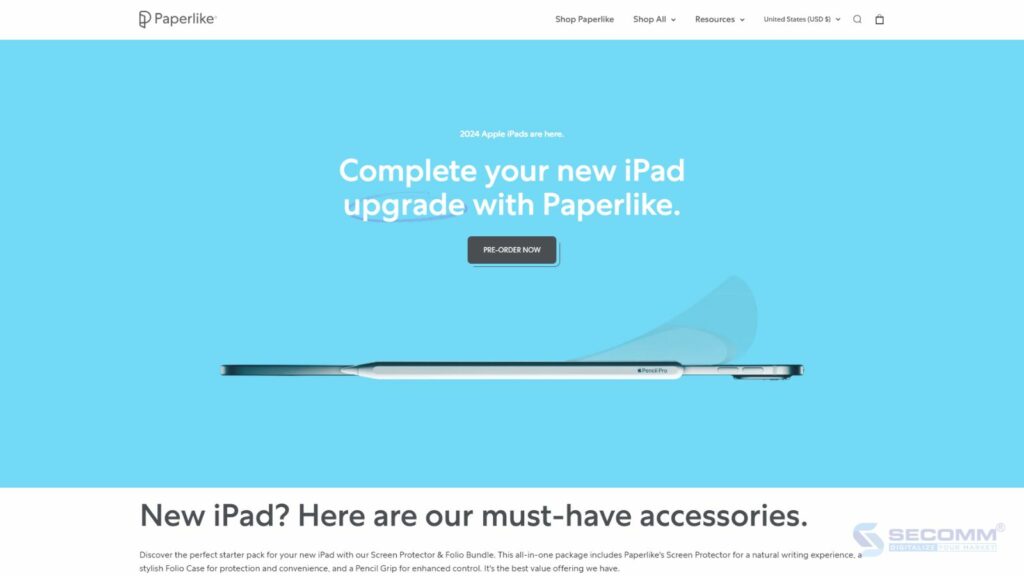
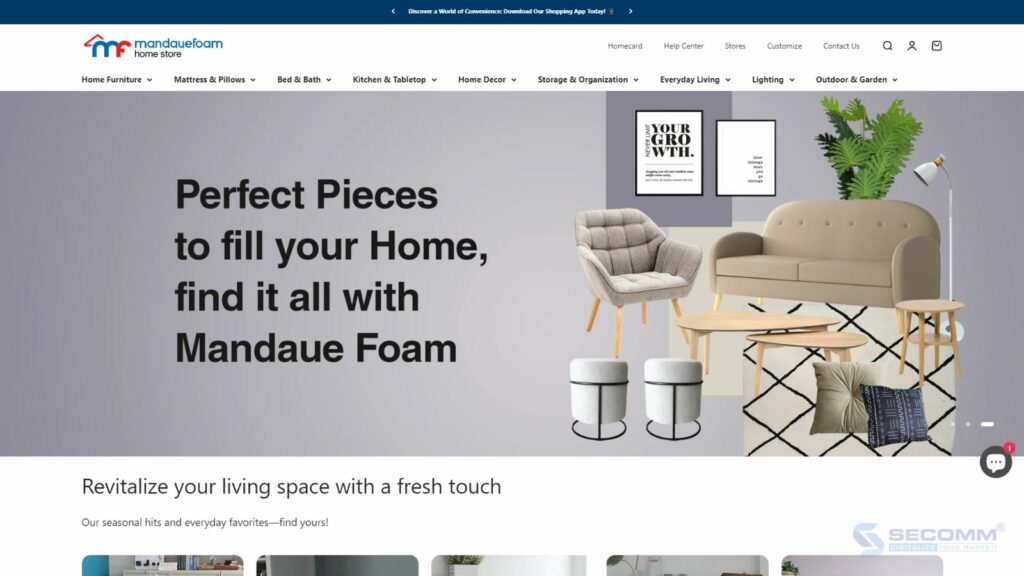
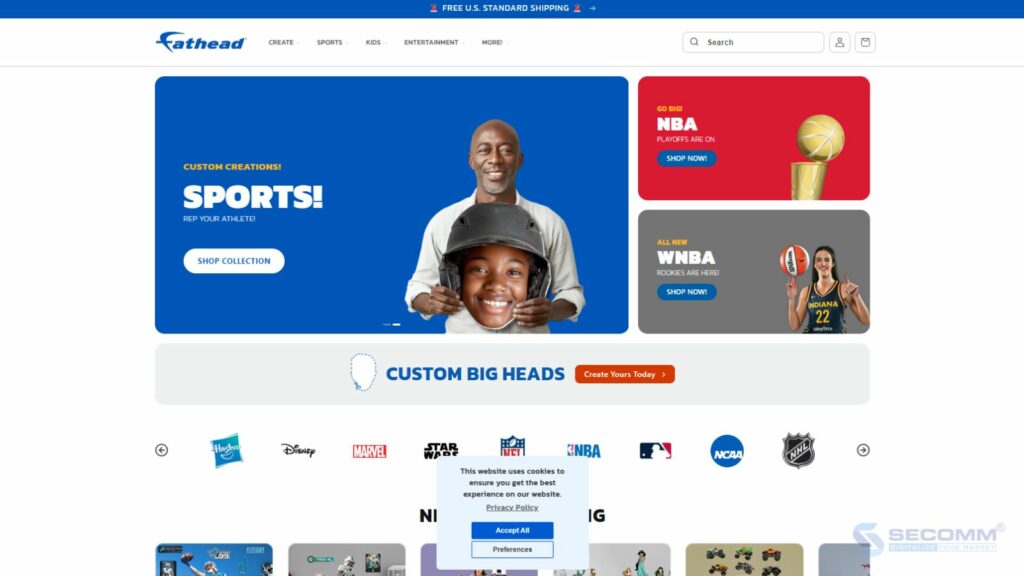
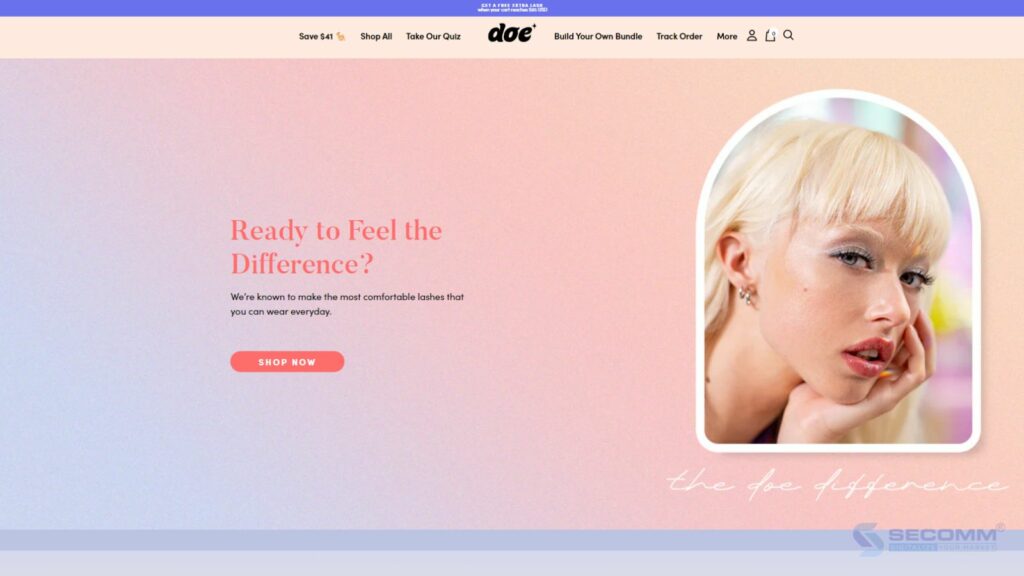
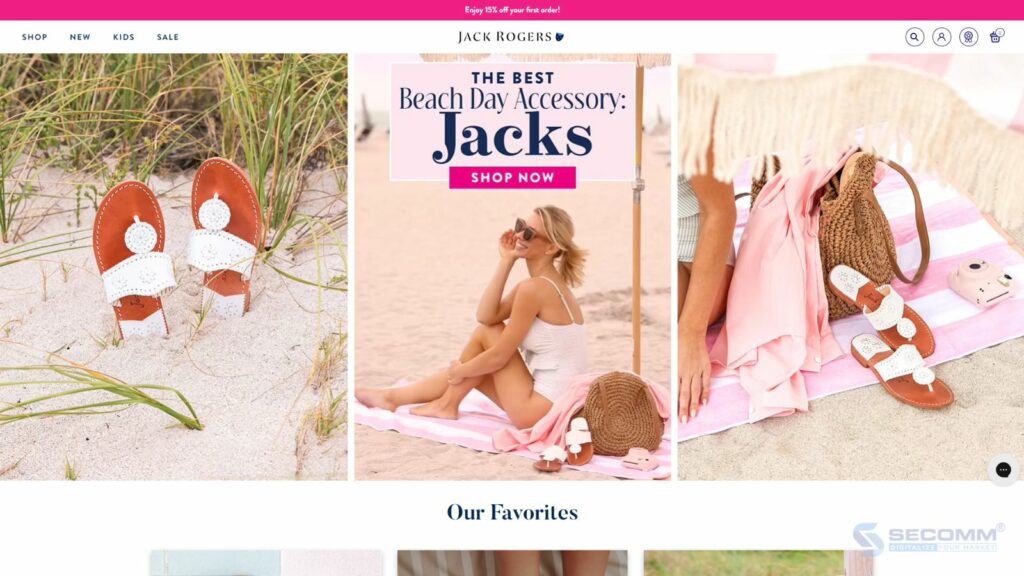
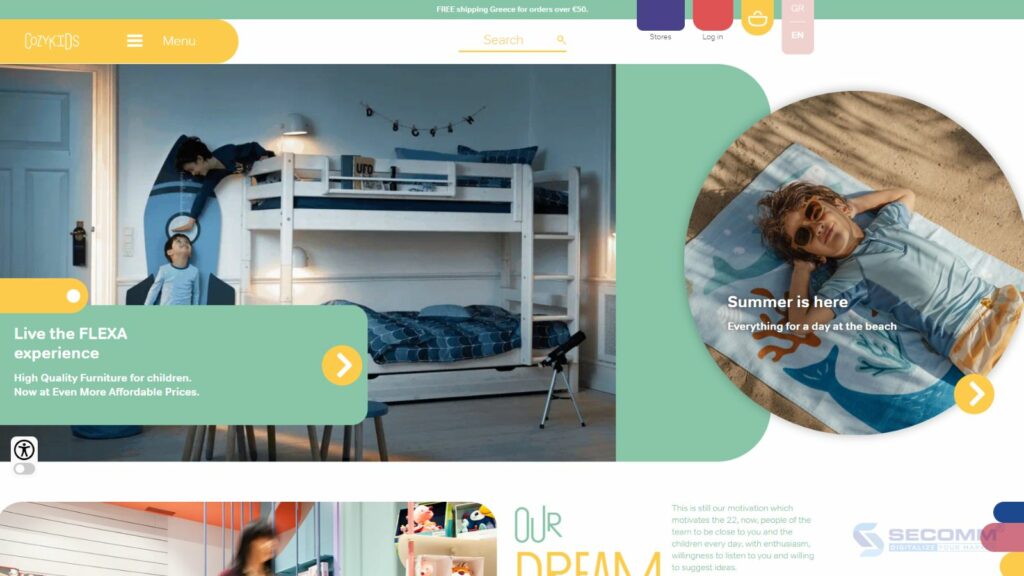
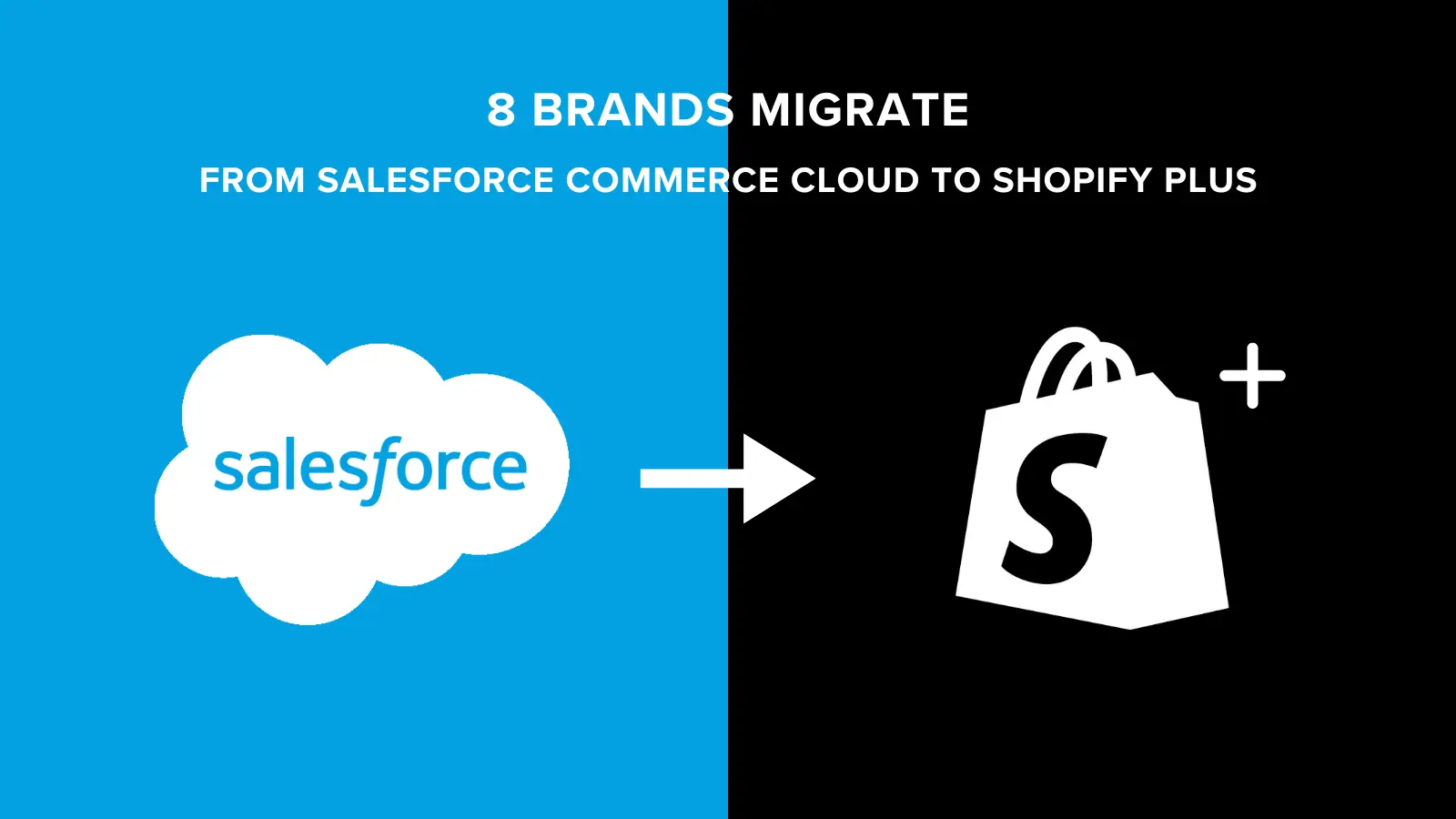
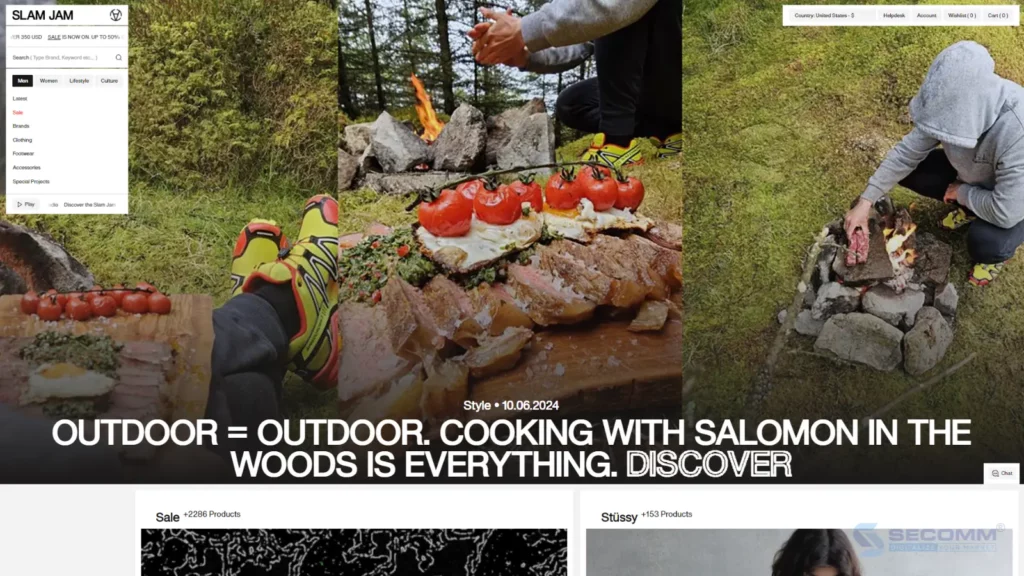

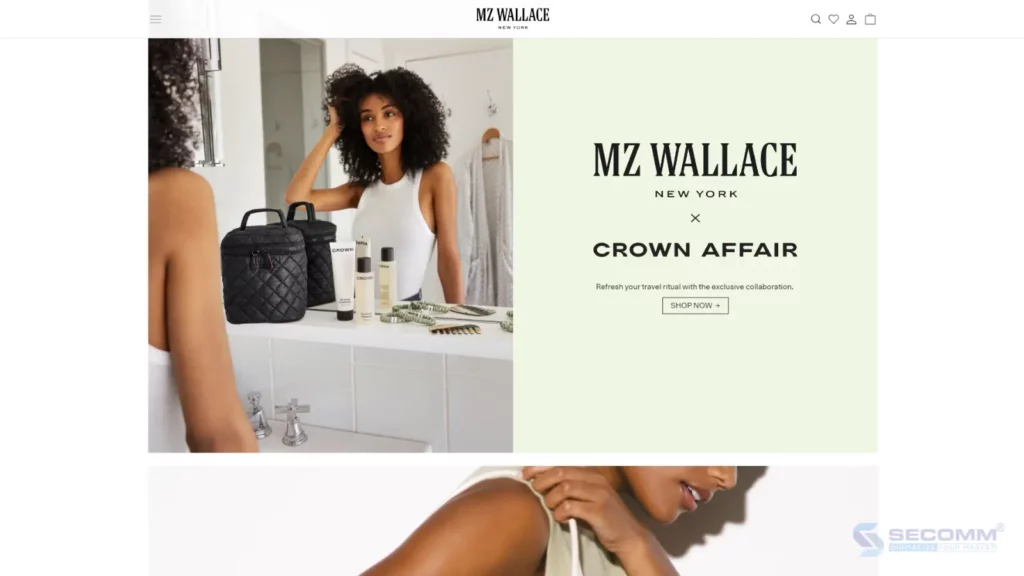
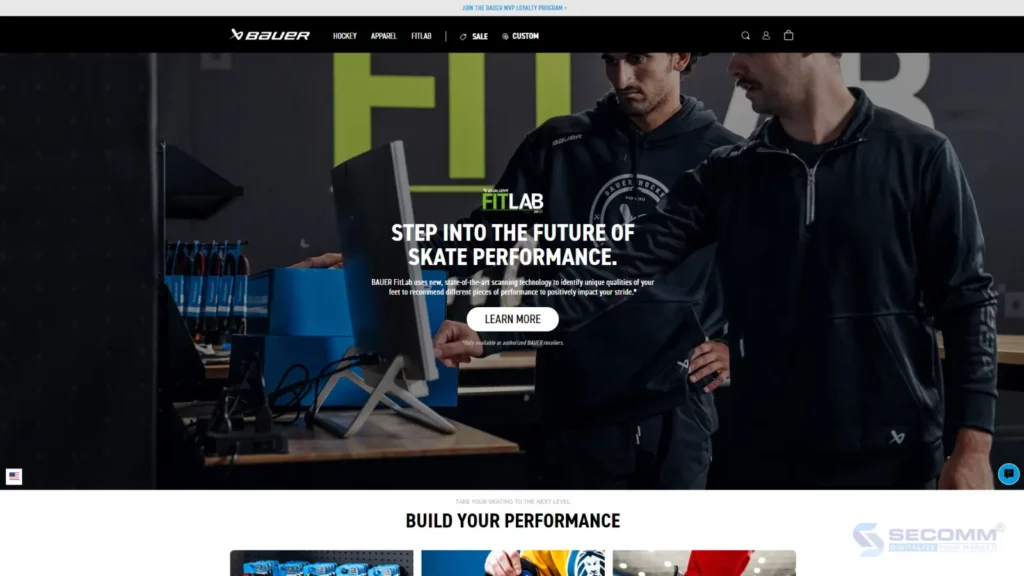
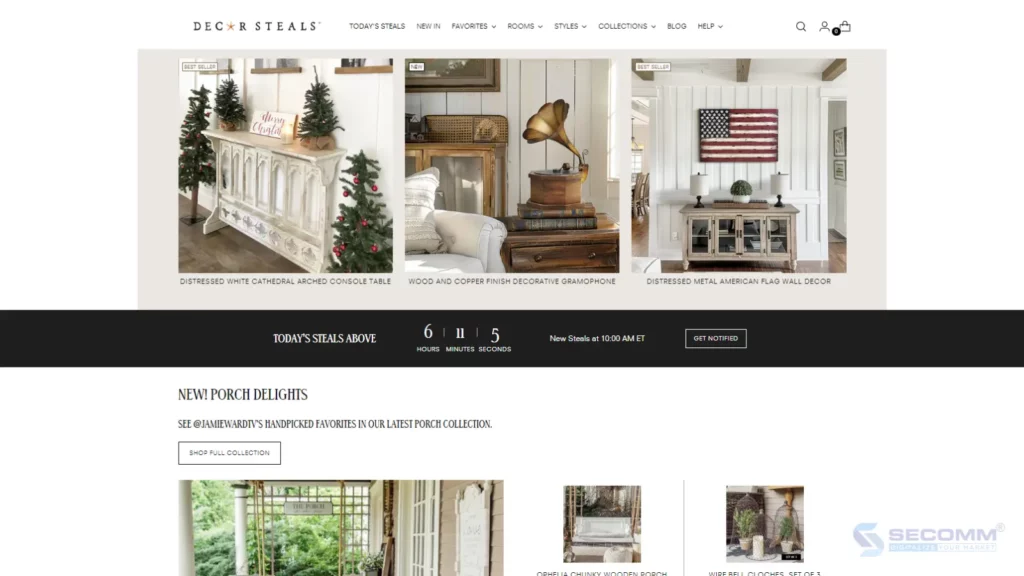
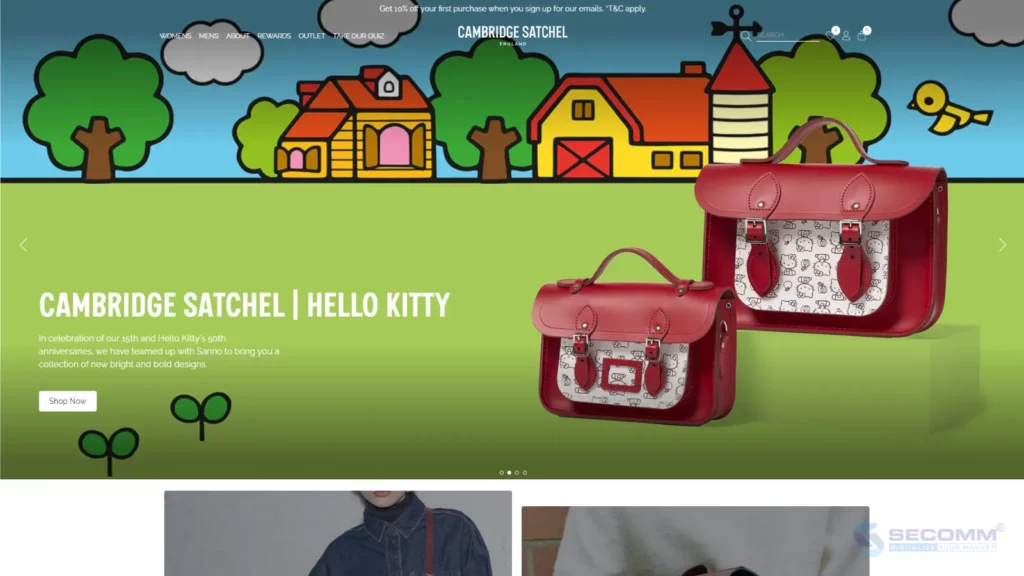
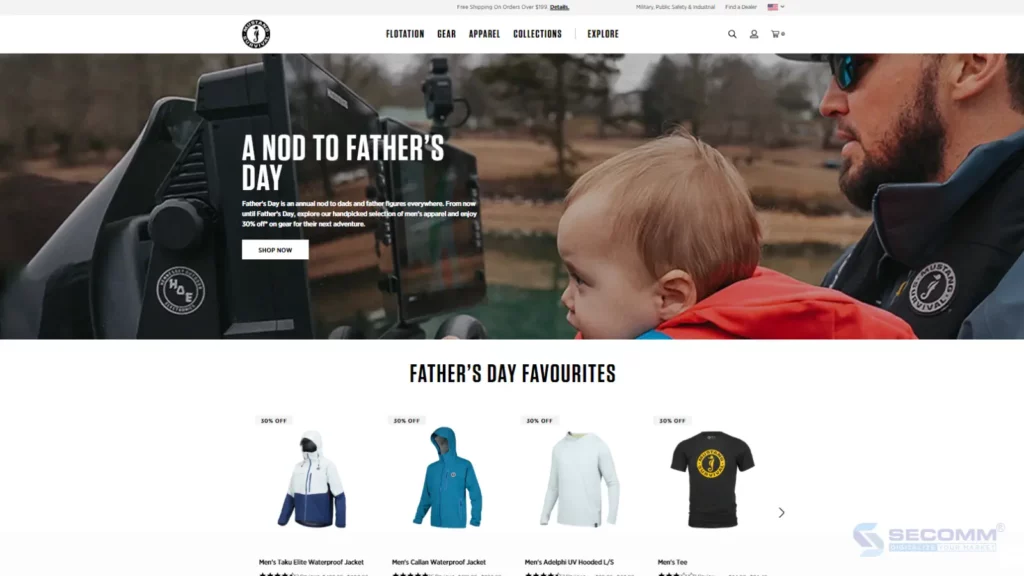
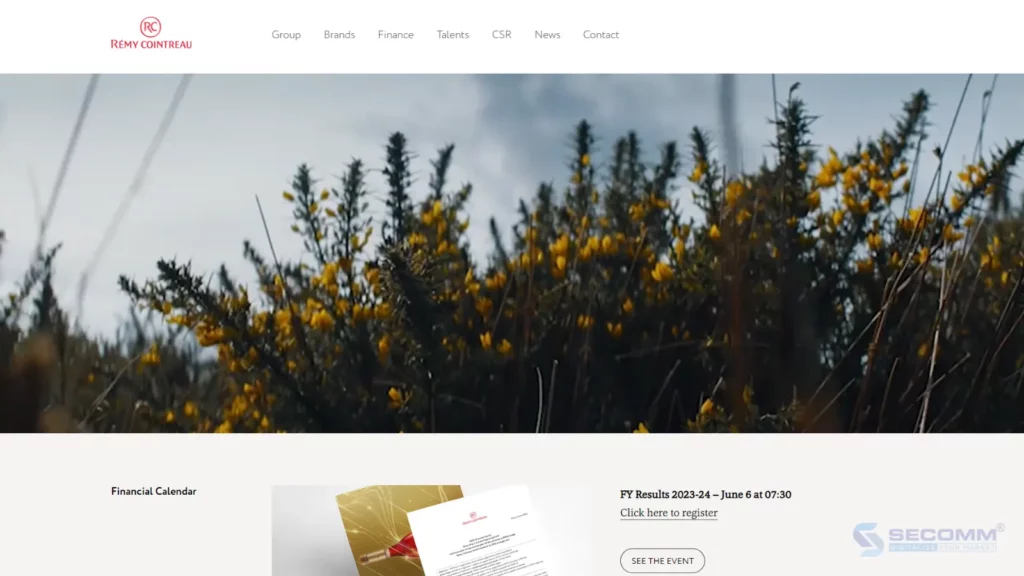
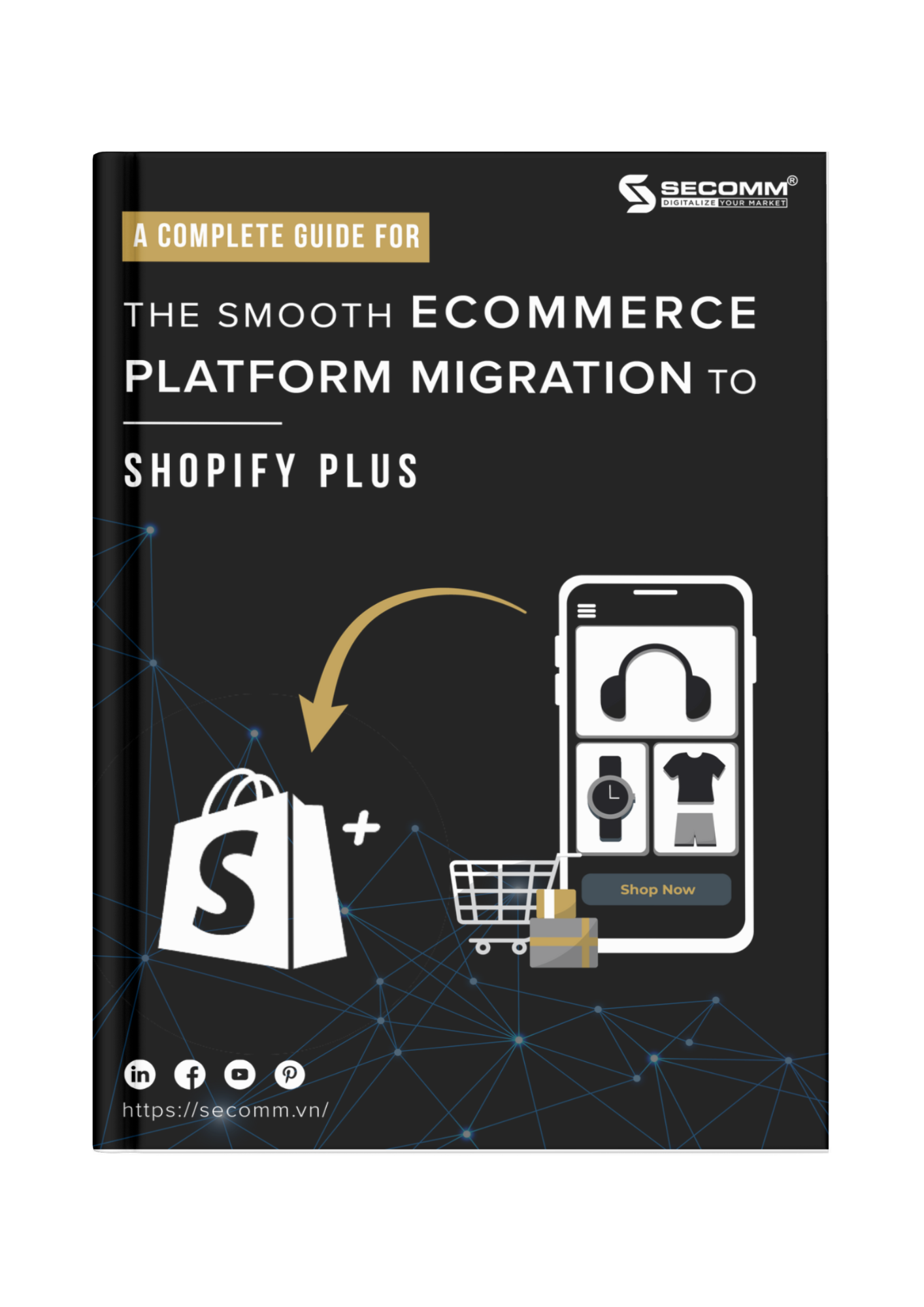



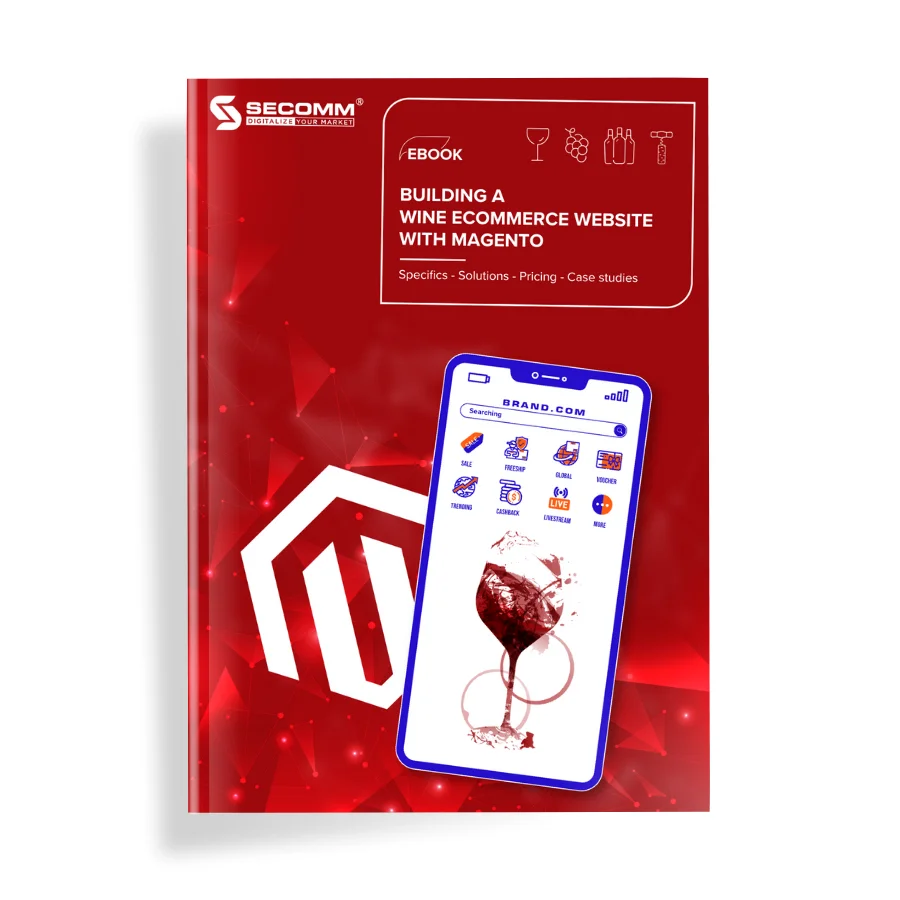
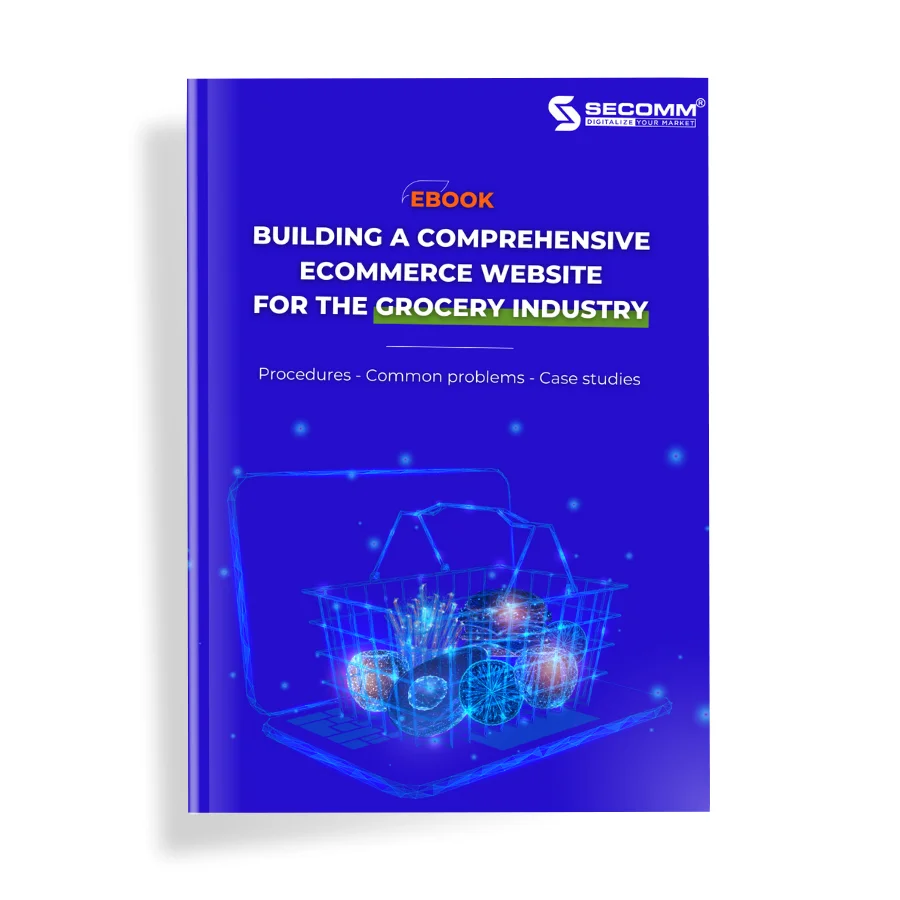
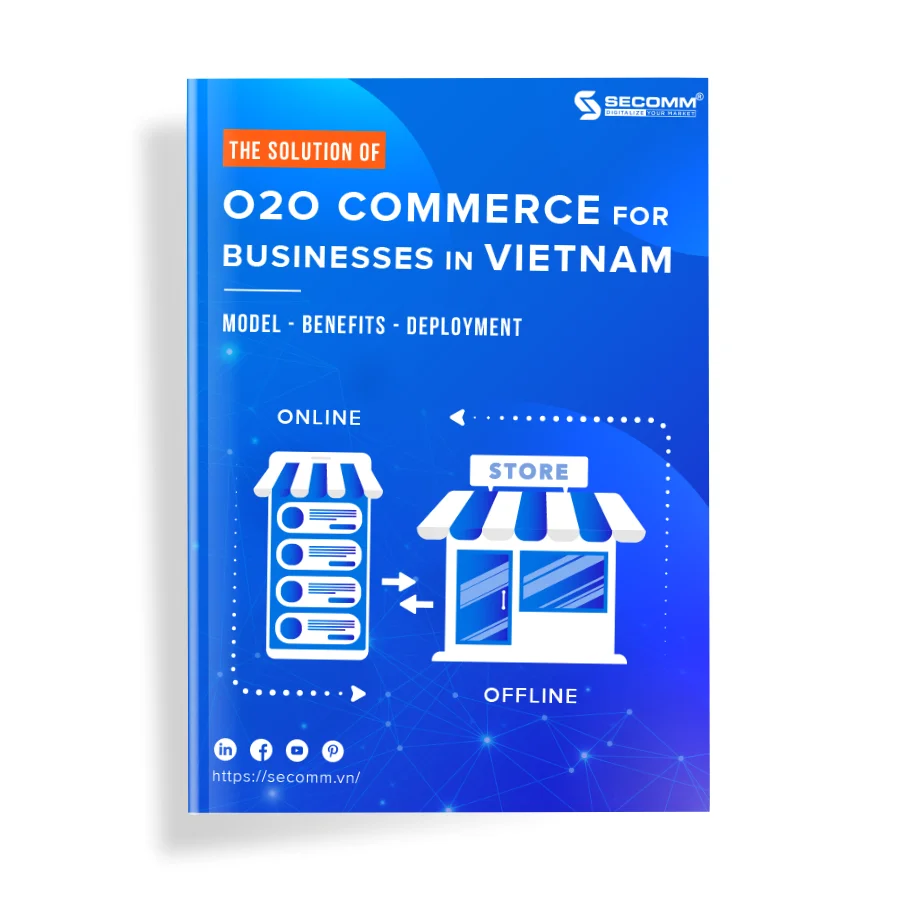
Boom!!! You make it
You guys really did so much pretty well. Congrats!
Congratulations!
Congratulations Secommers, you’ve worked so hard!
Congratulations to the company!
Being present on a Clutch is something worthy of Secomm
Congratulations, SECOMM! You did such a great job
You guys deserve it!!!!!
You made it
Well done!
Keep fighting!
Sounds great! Congrats